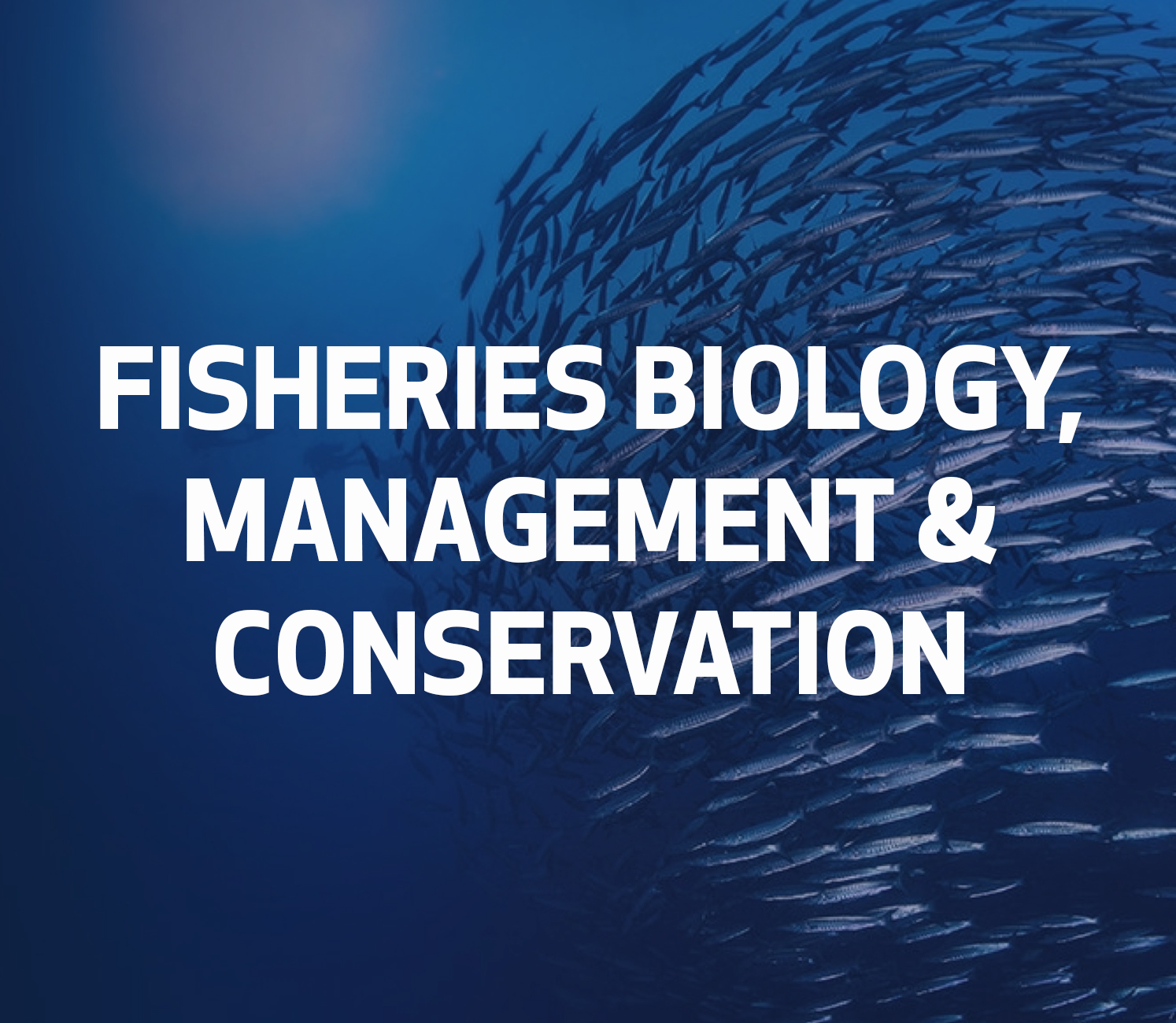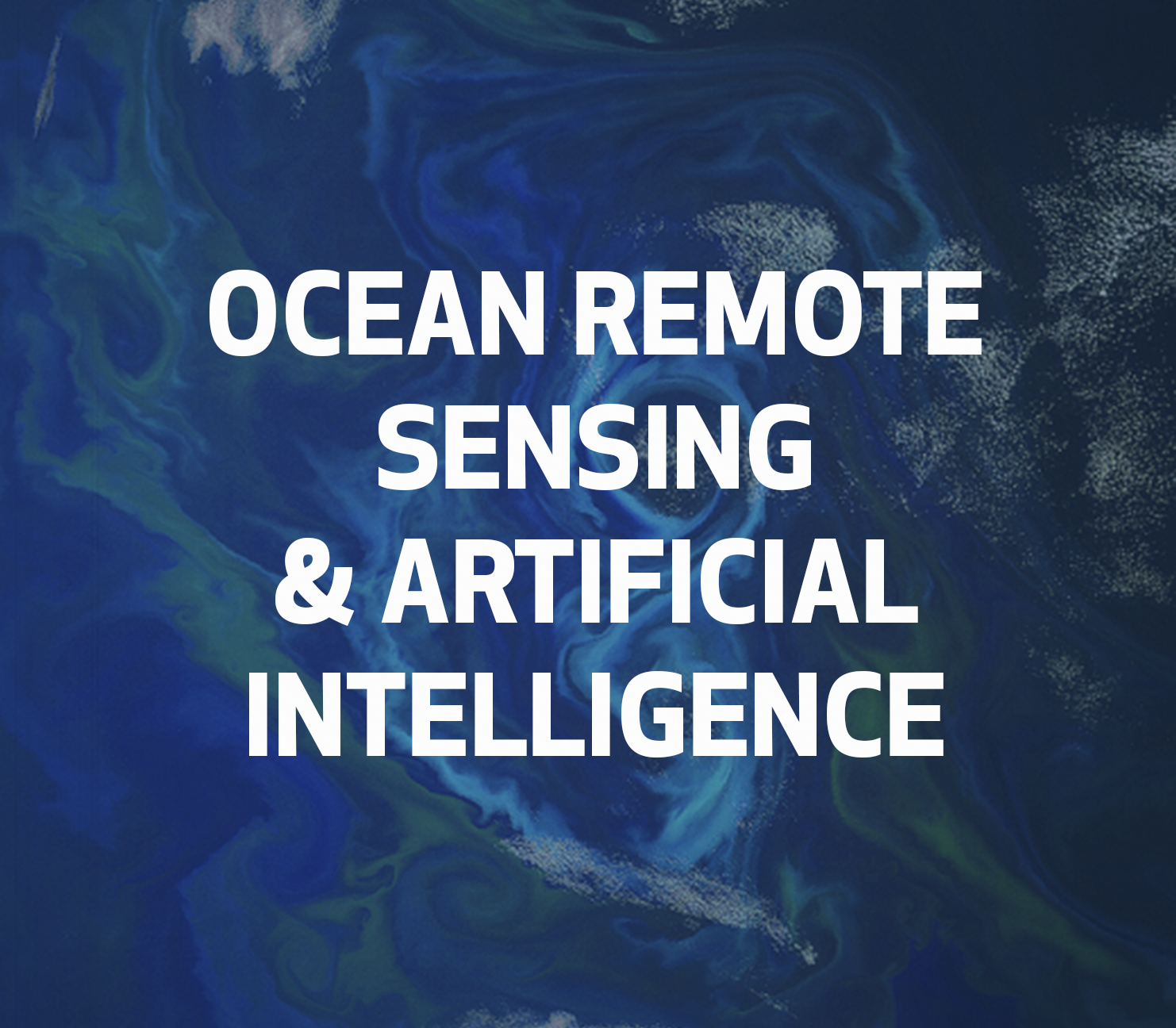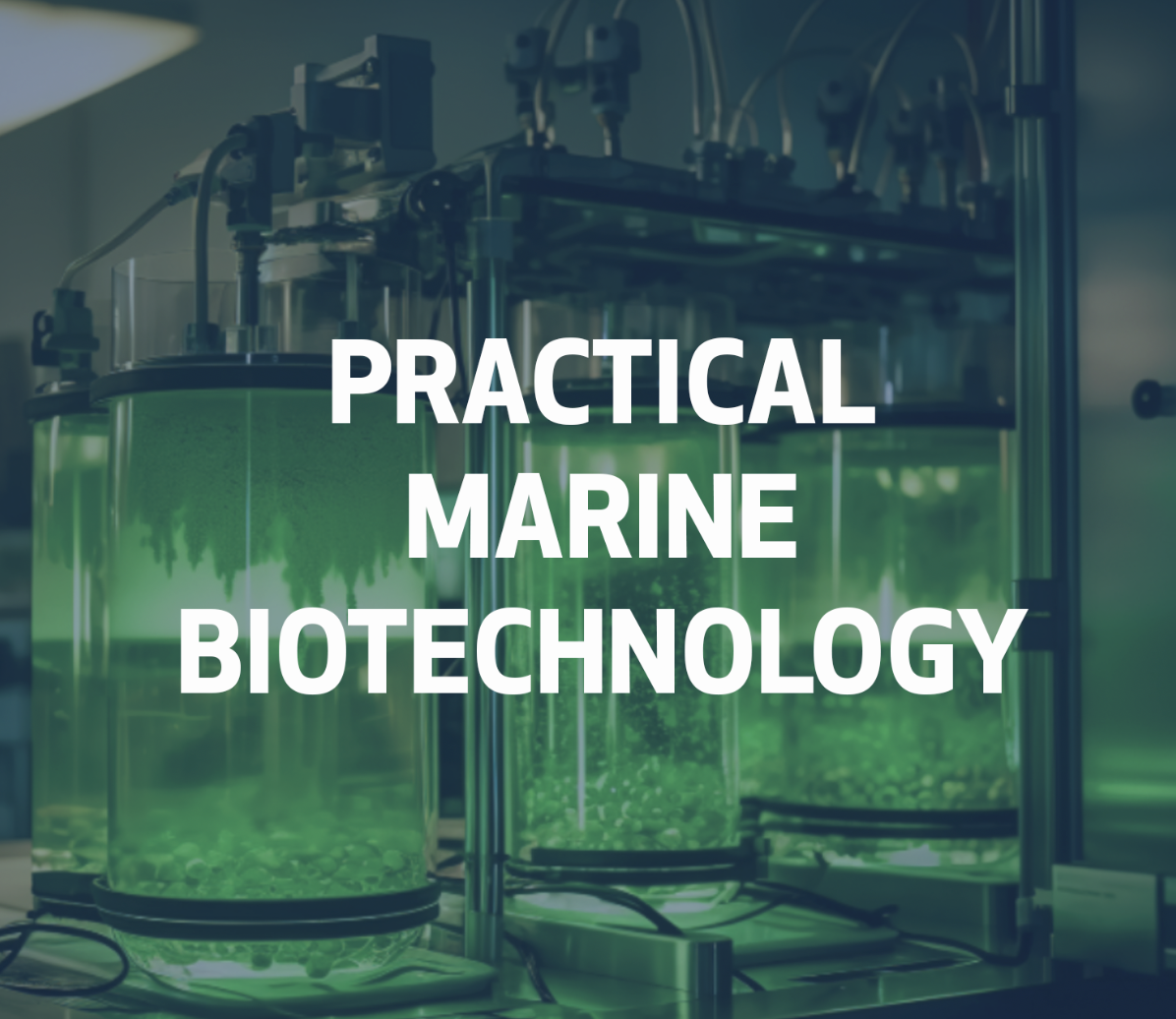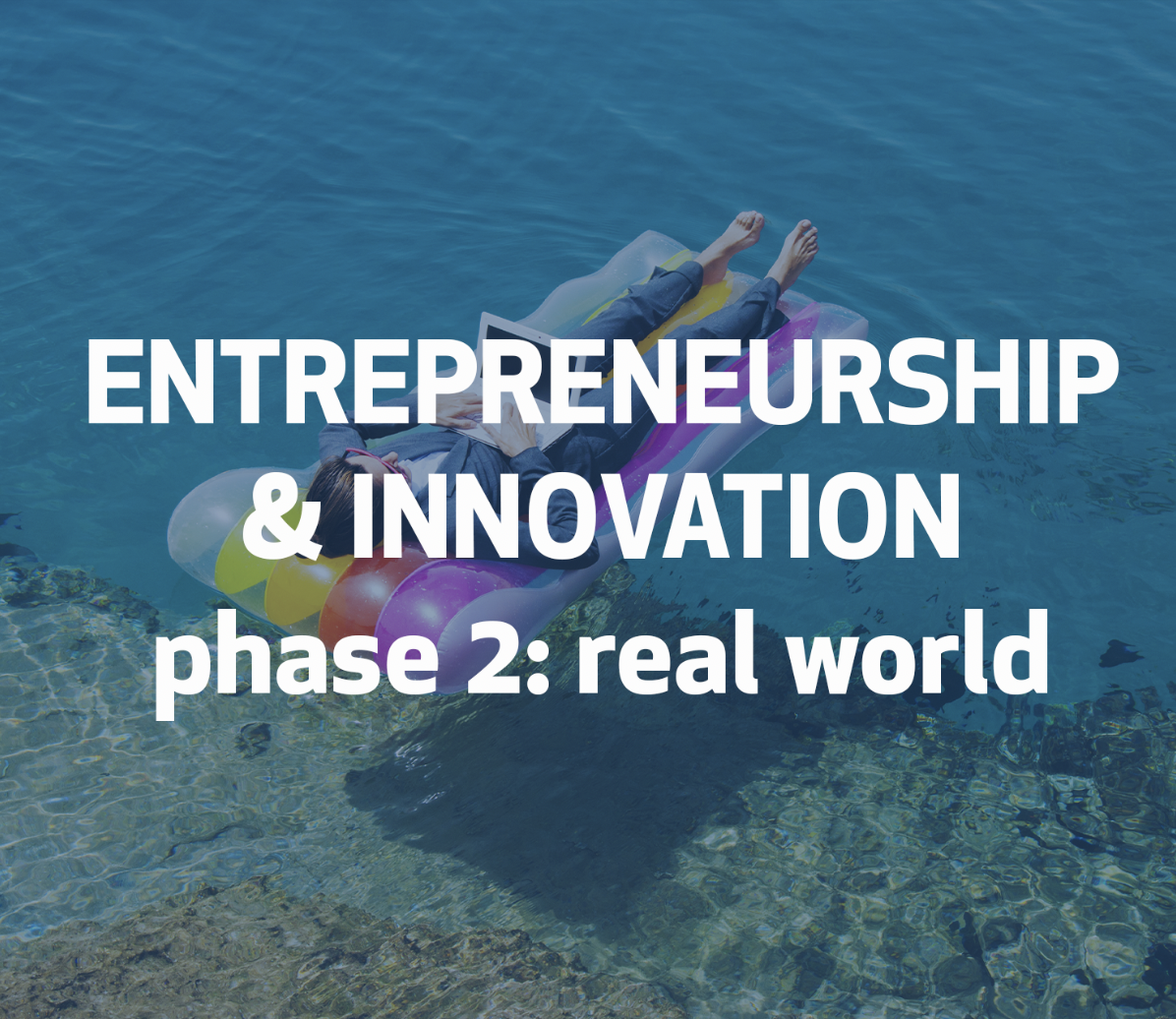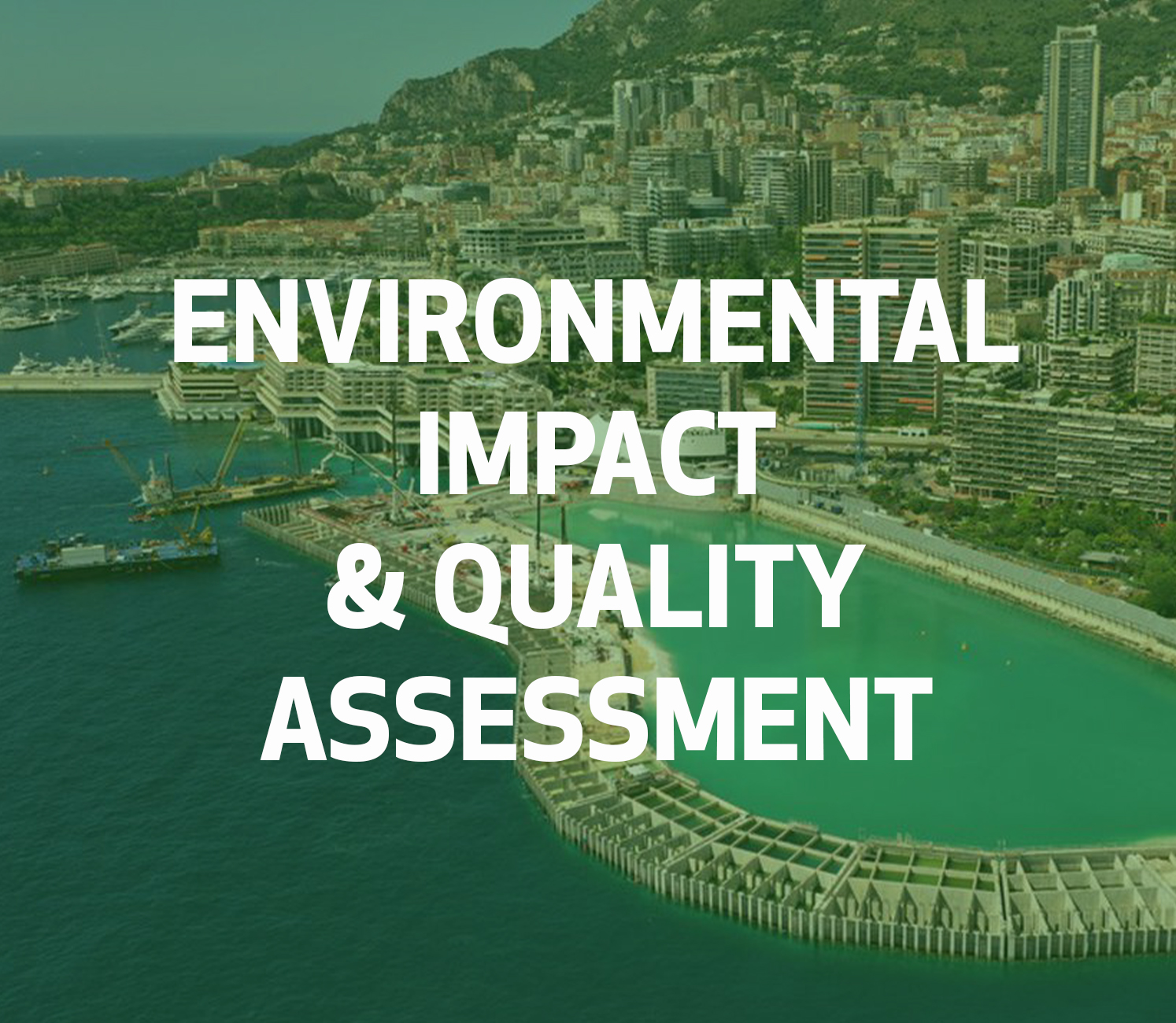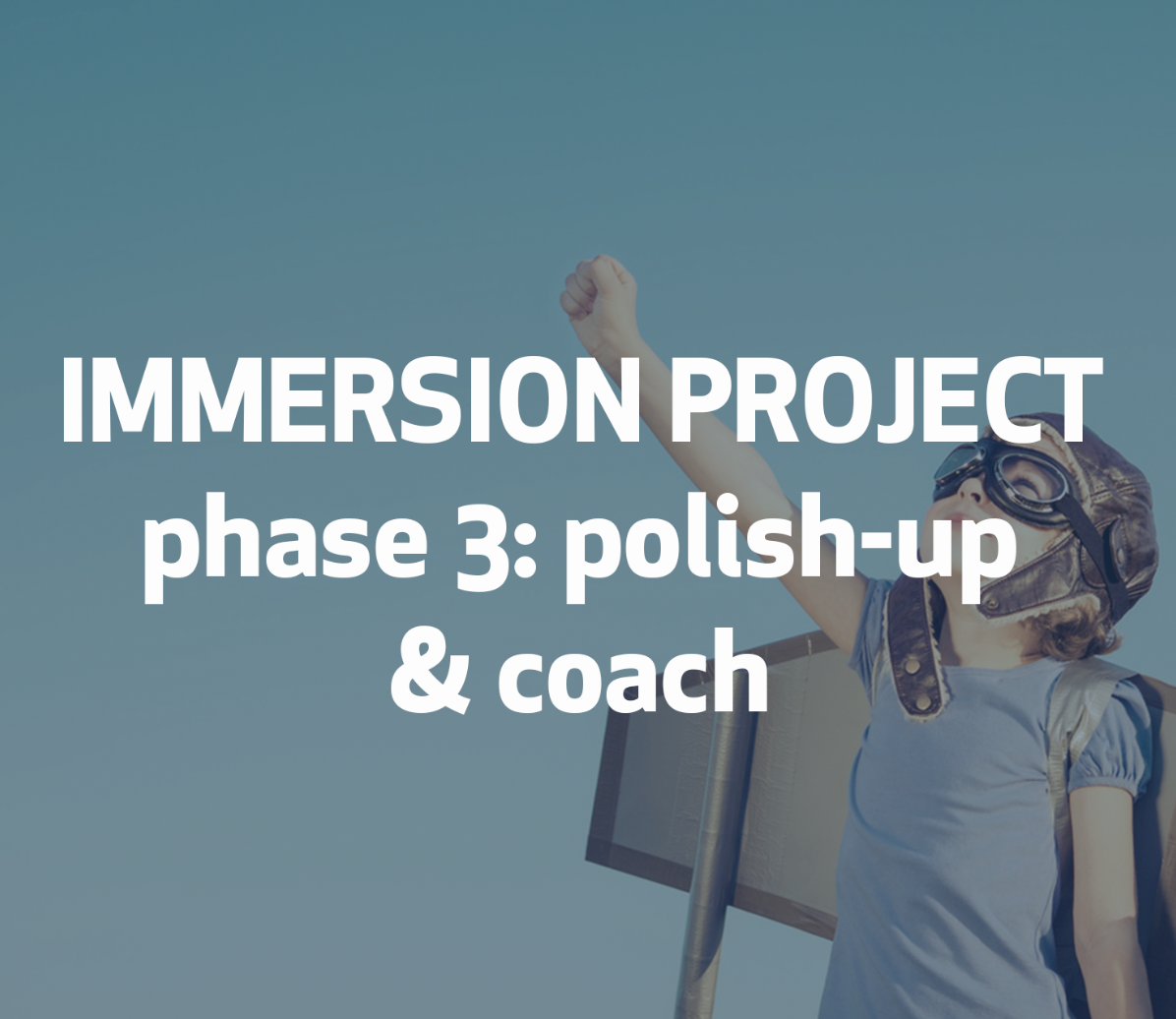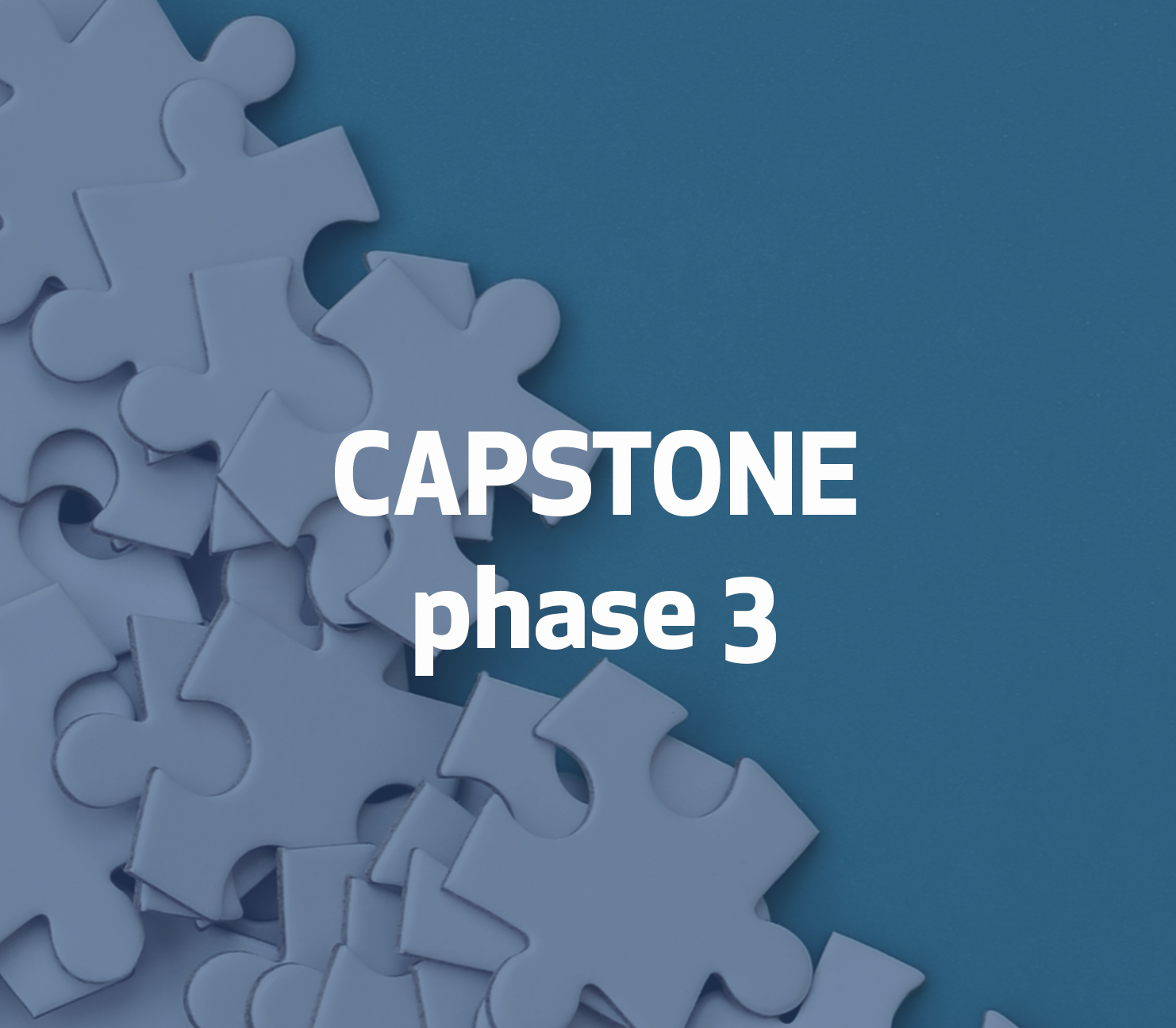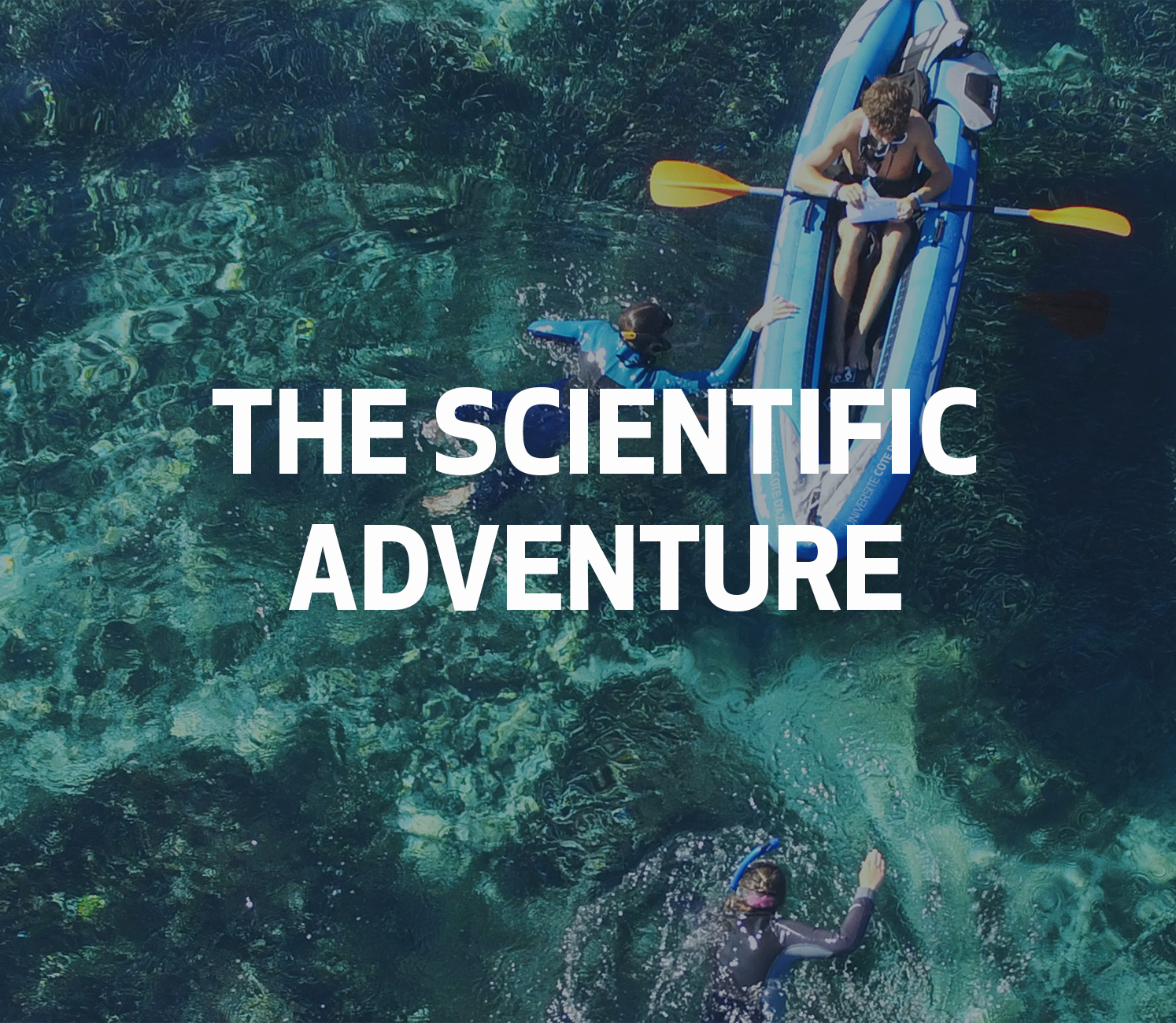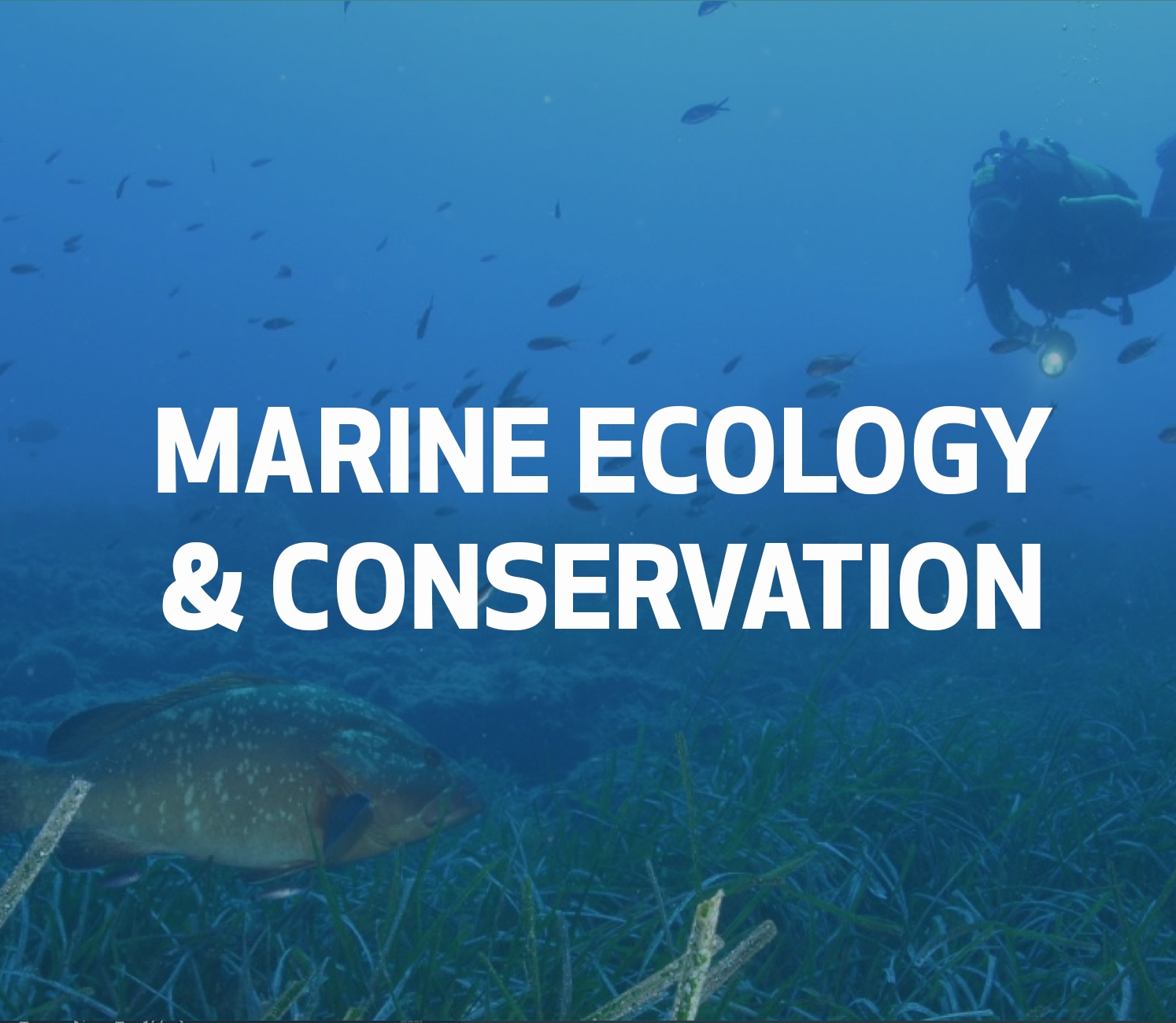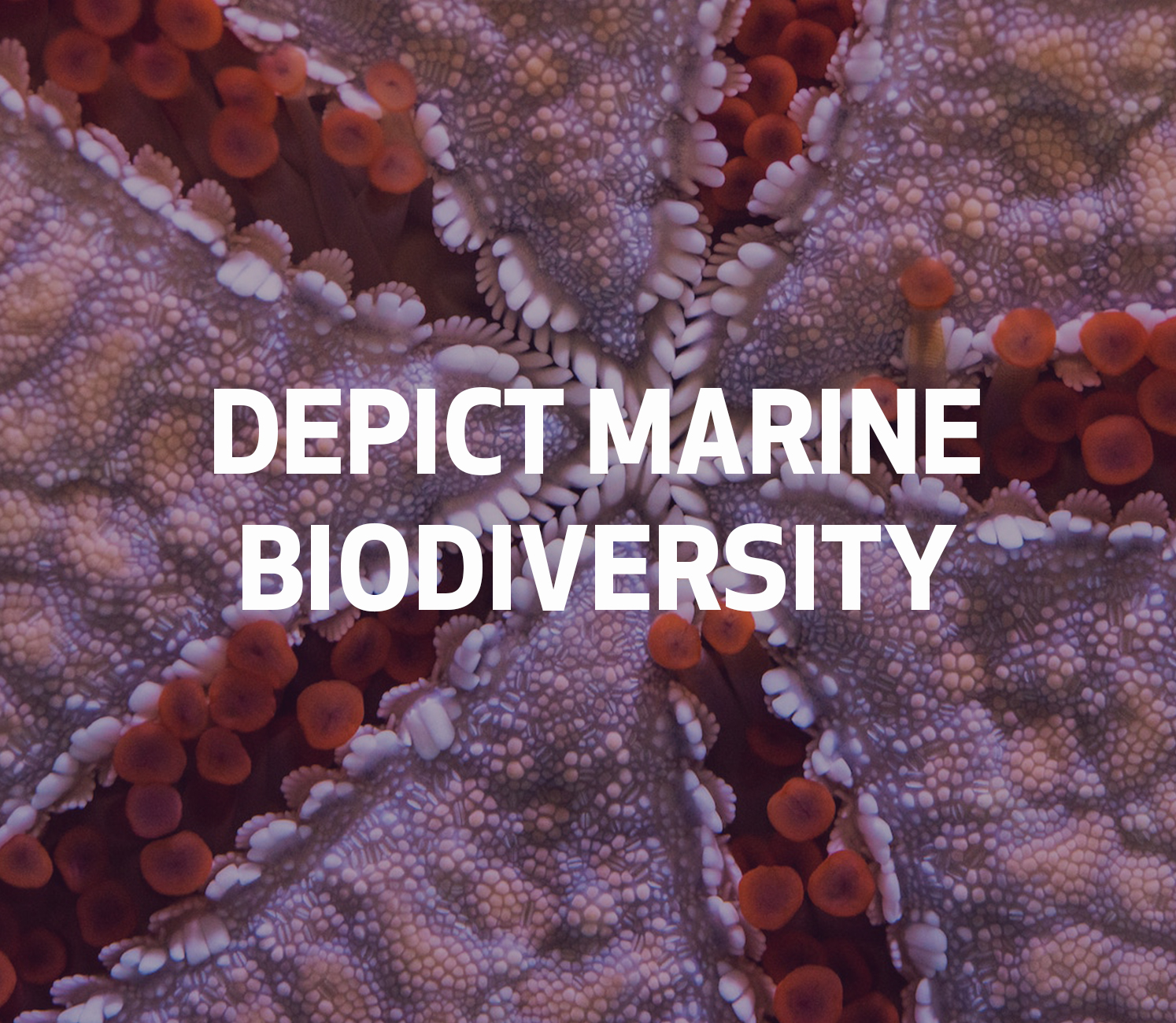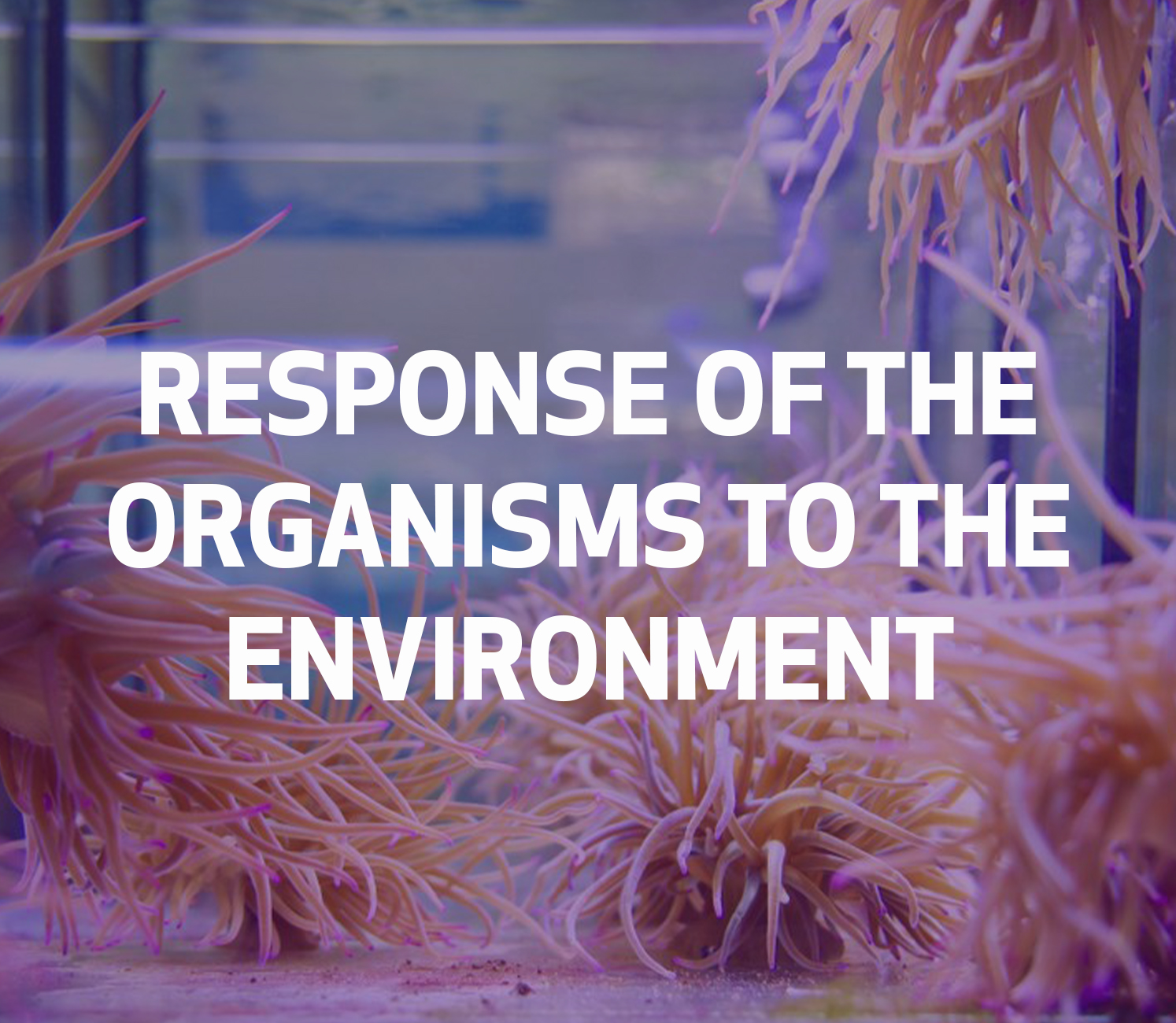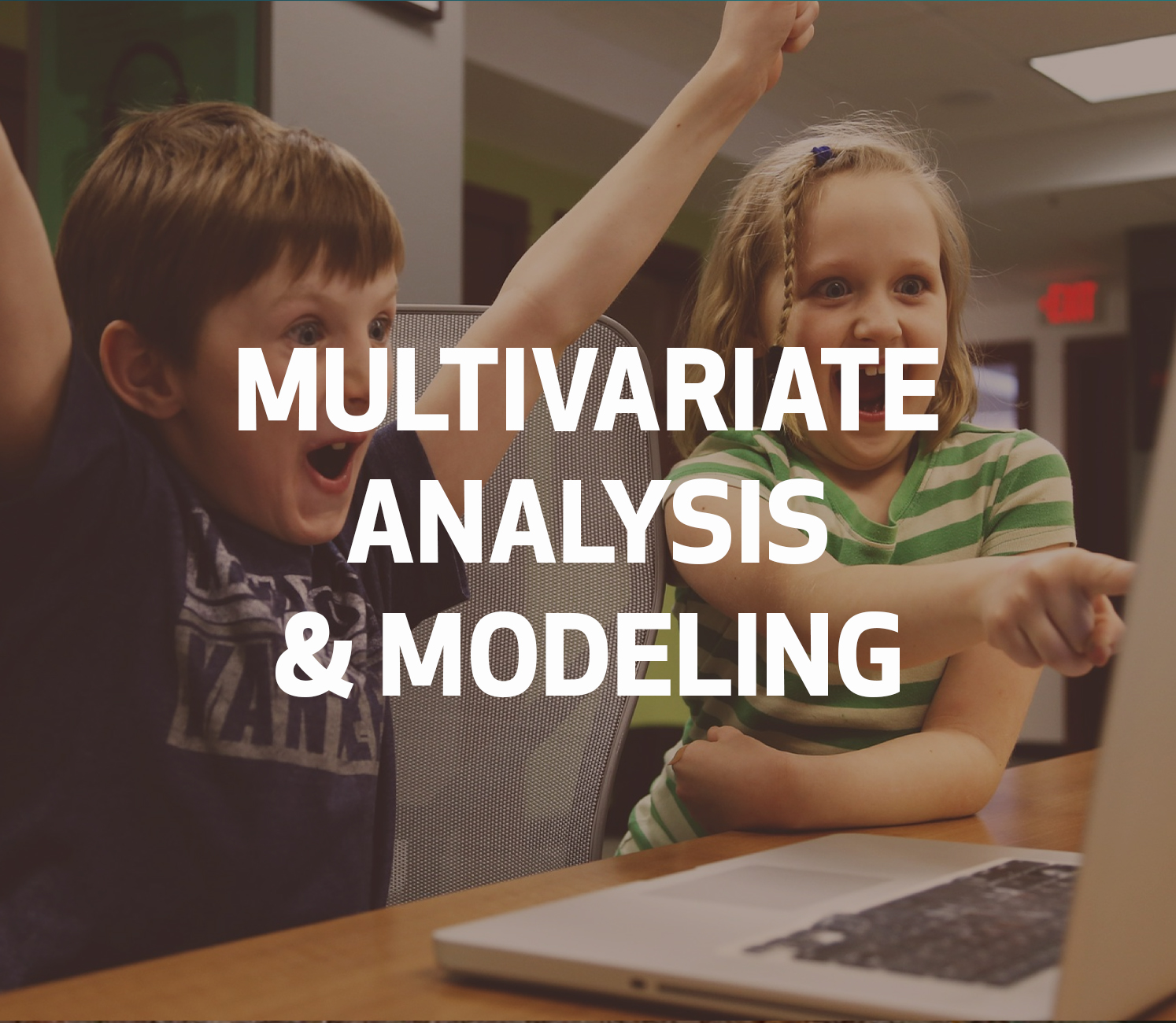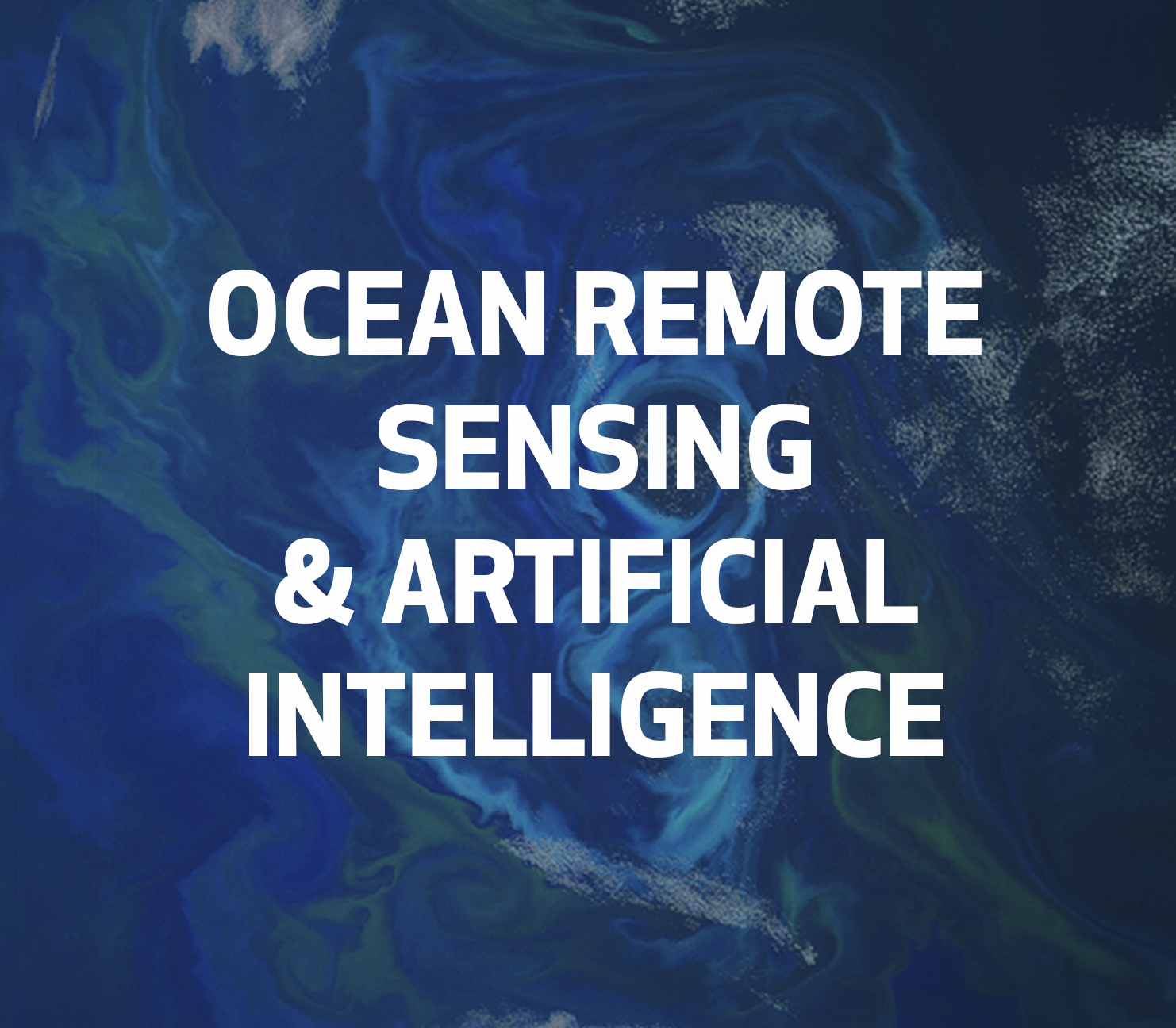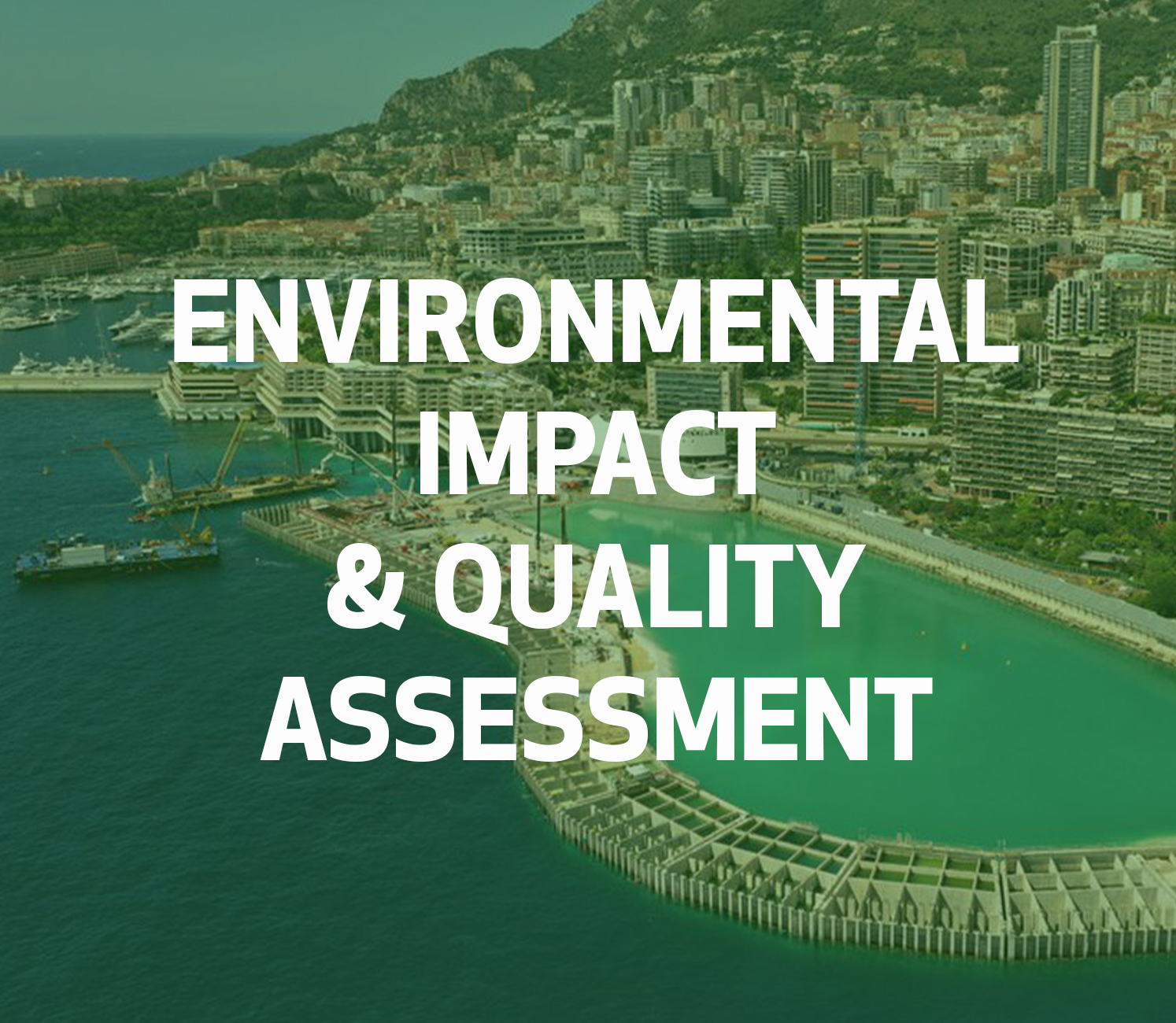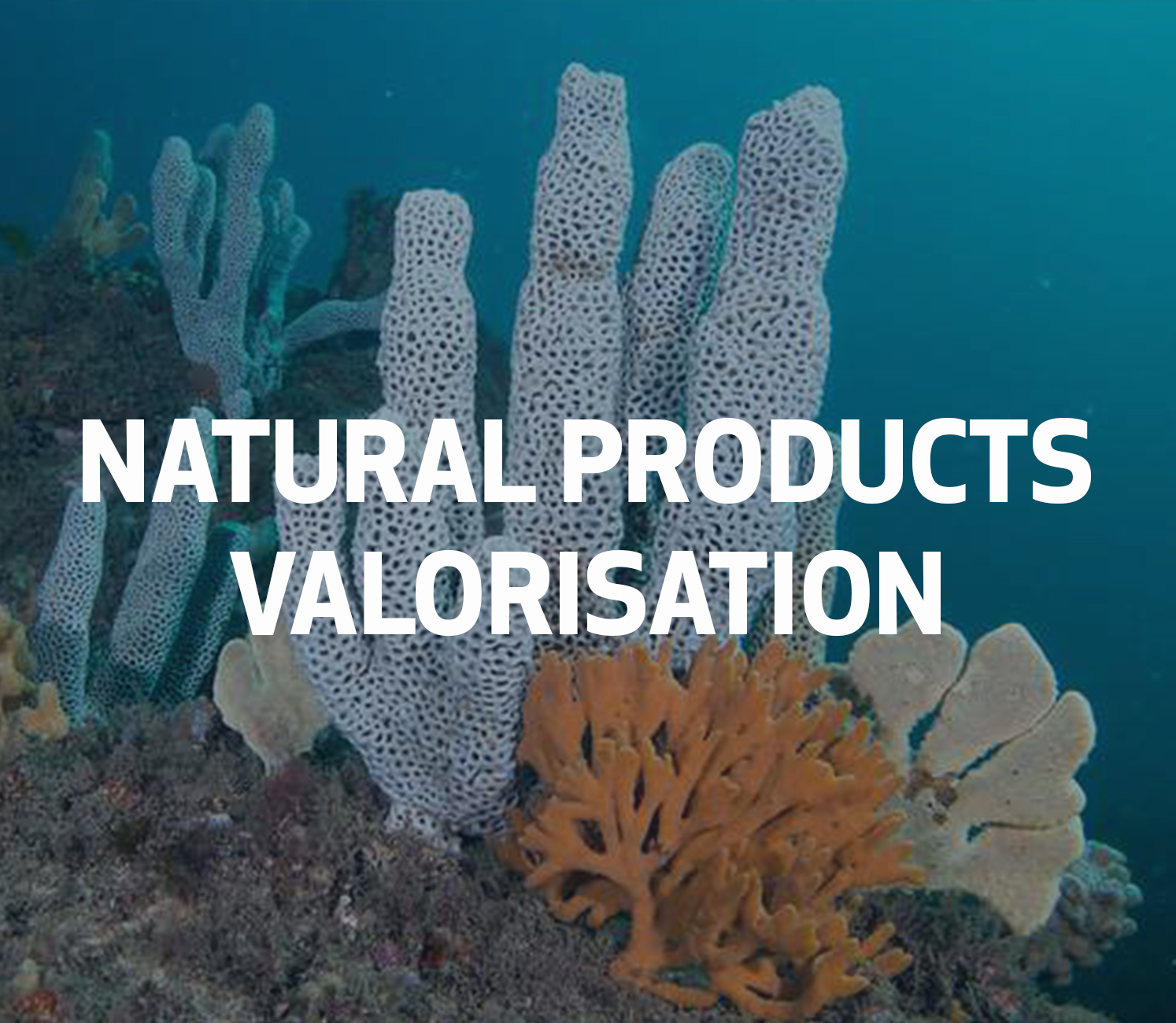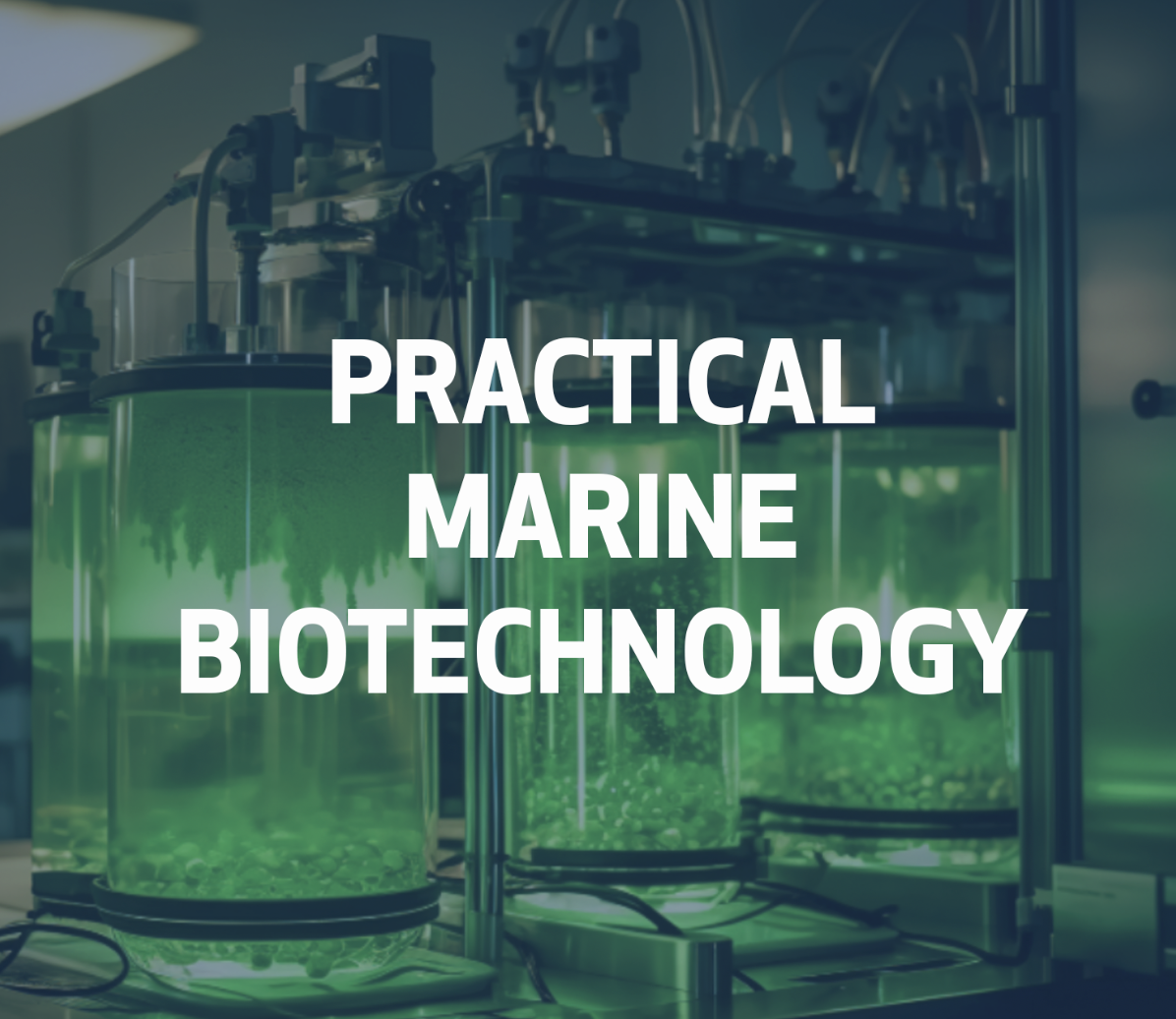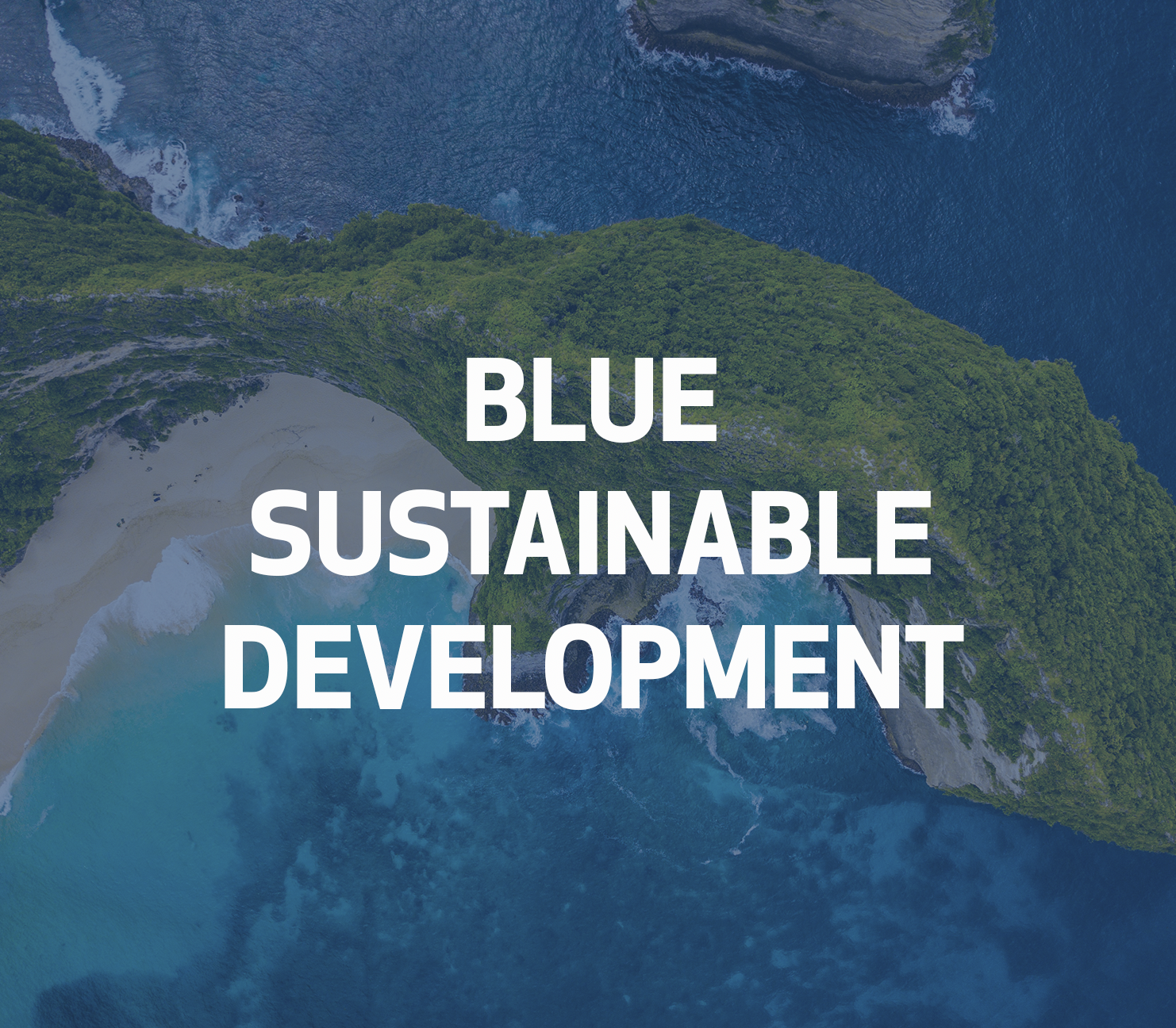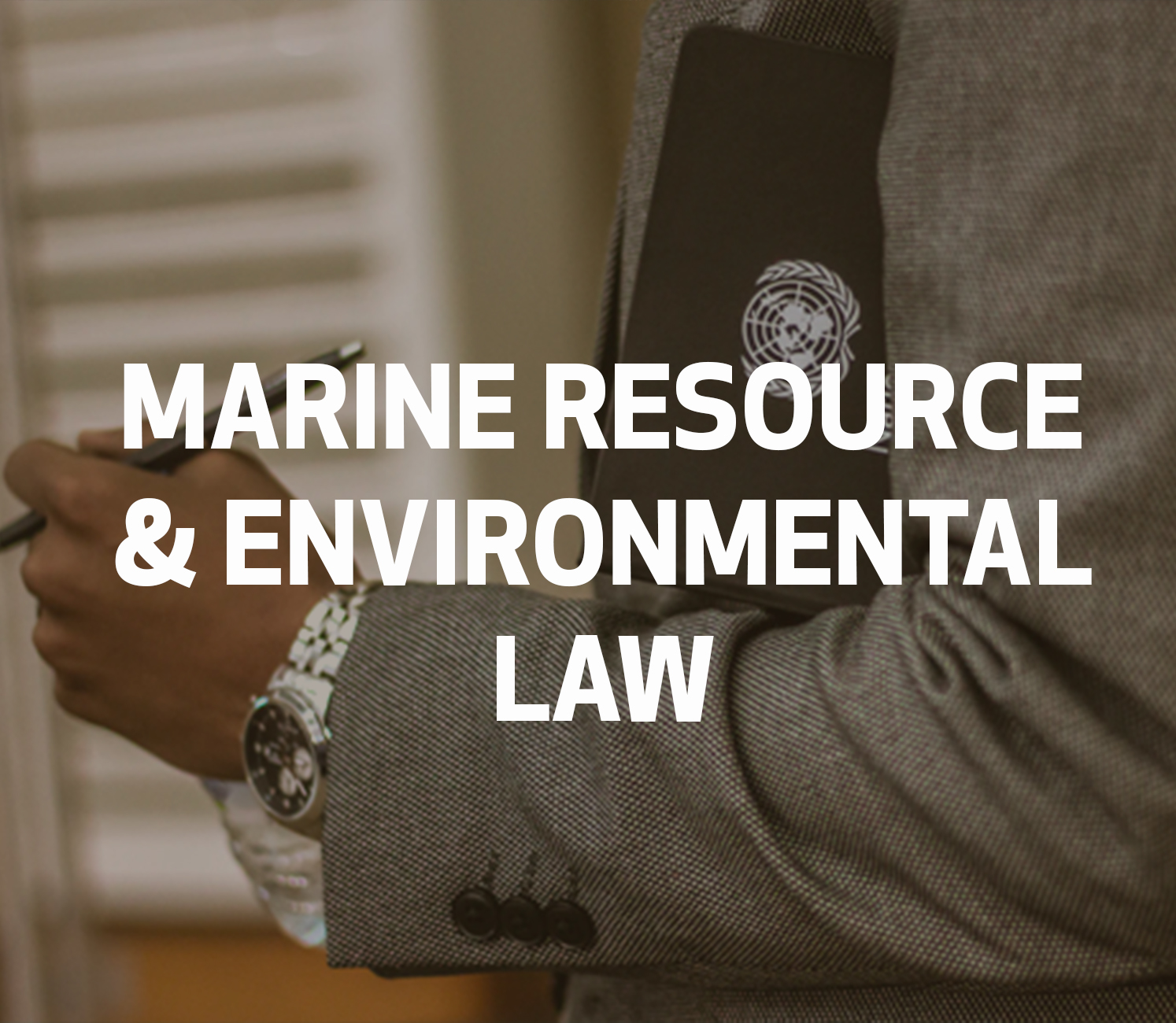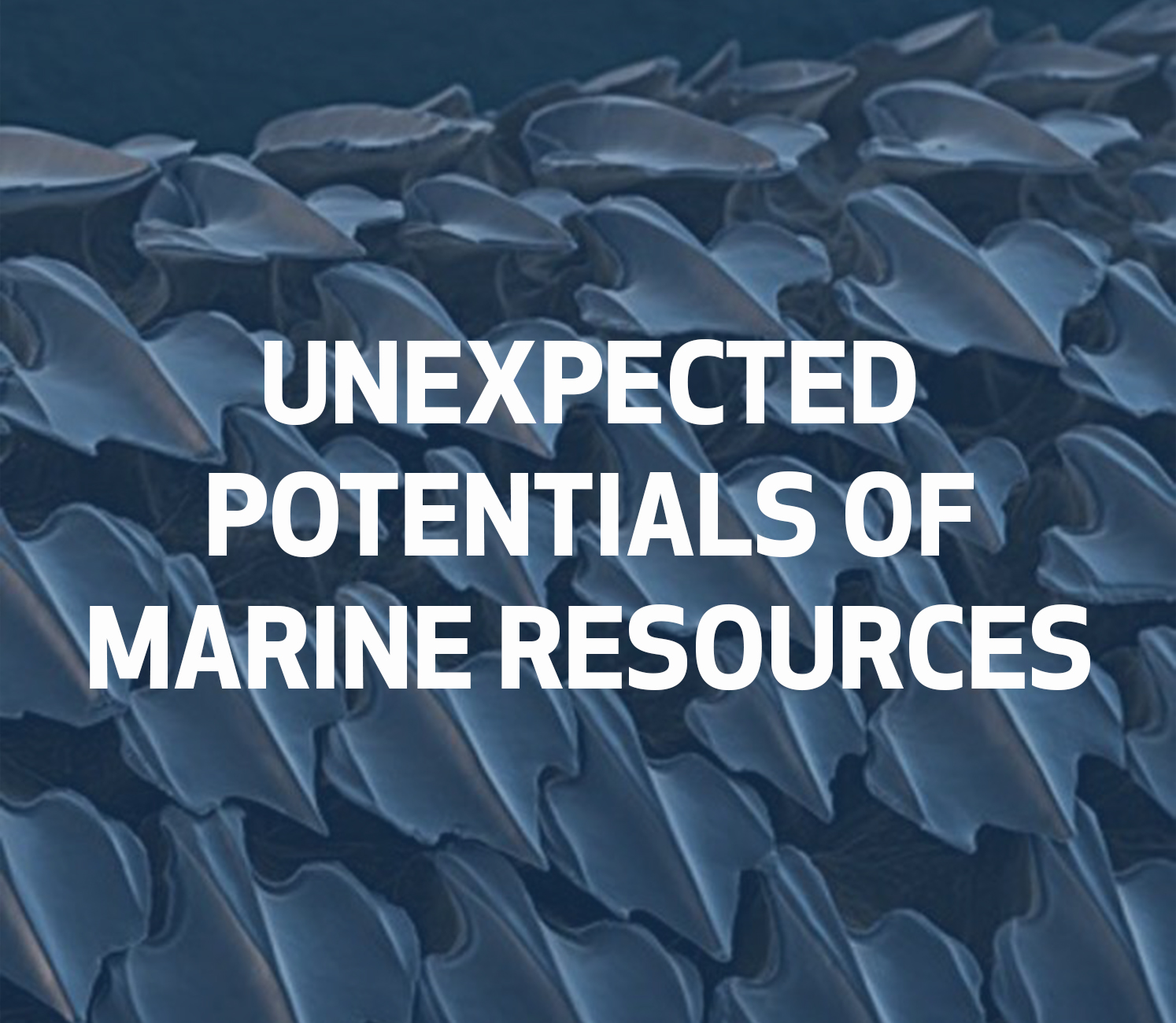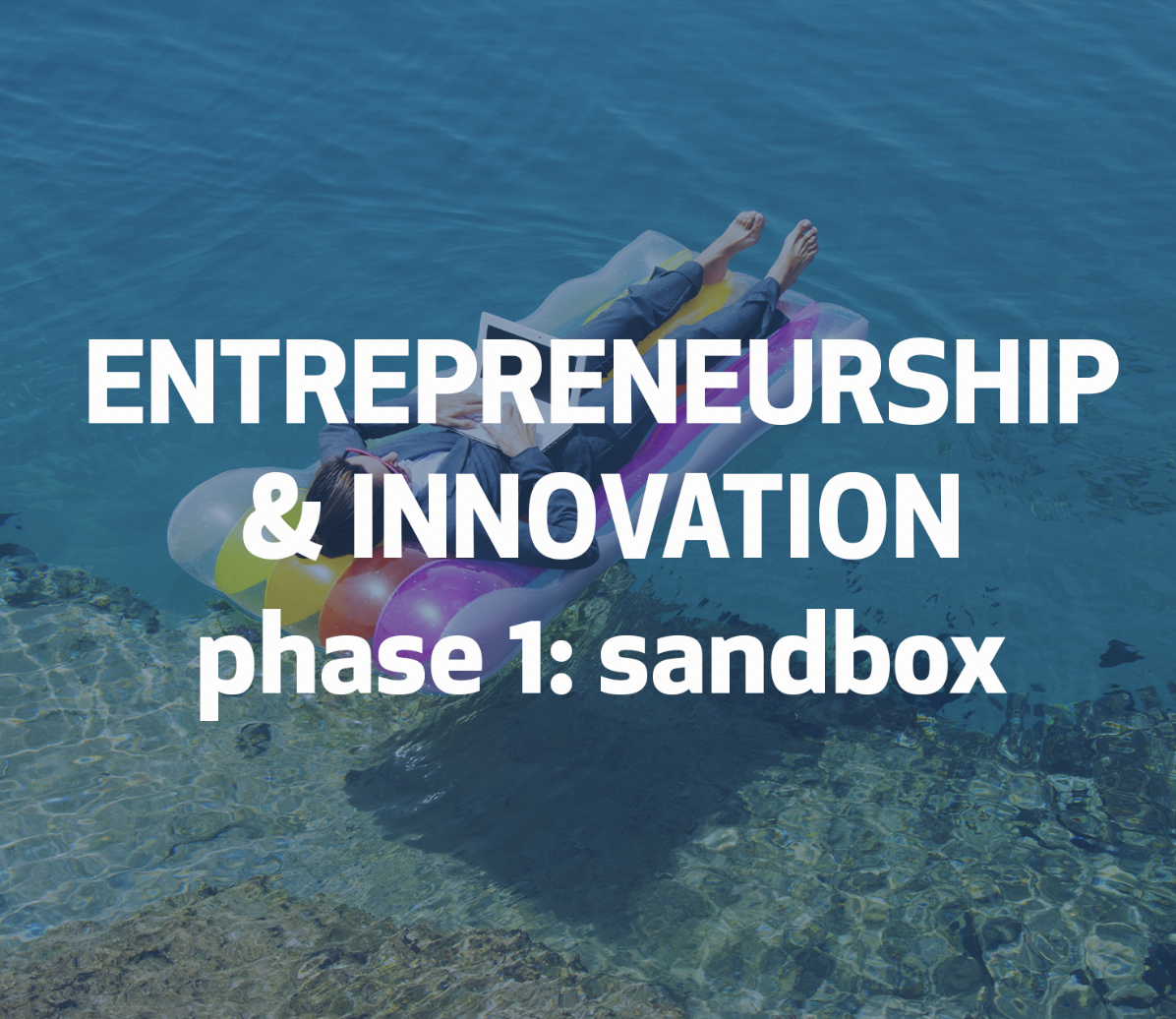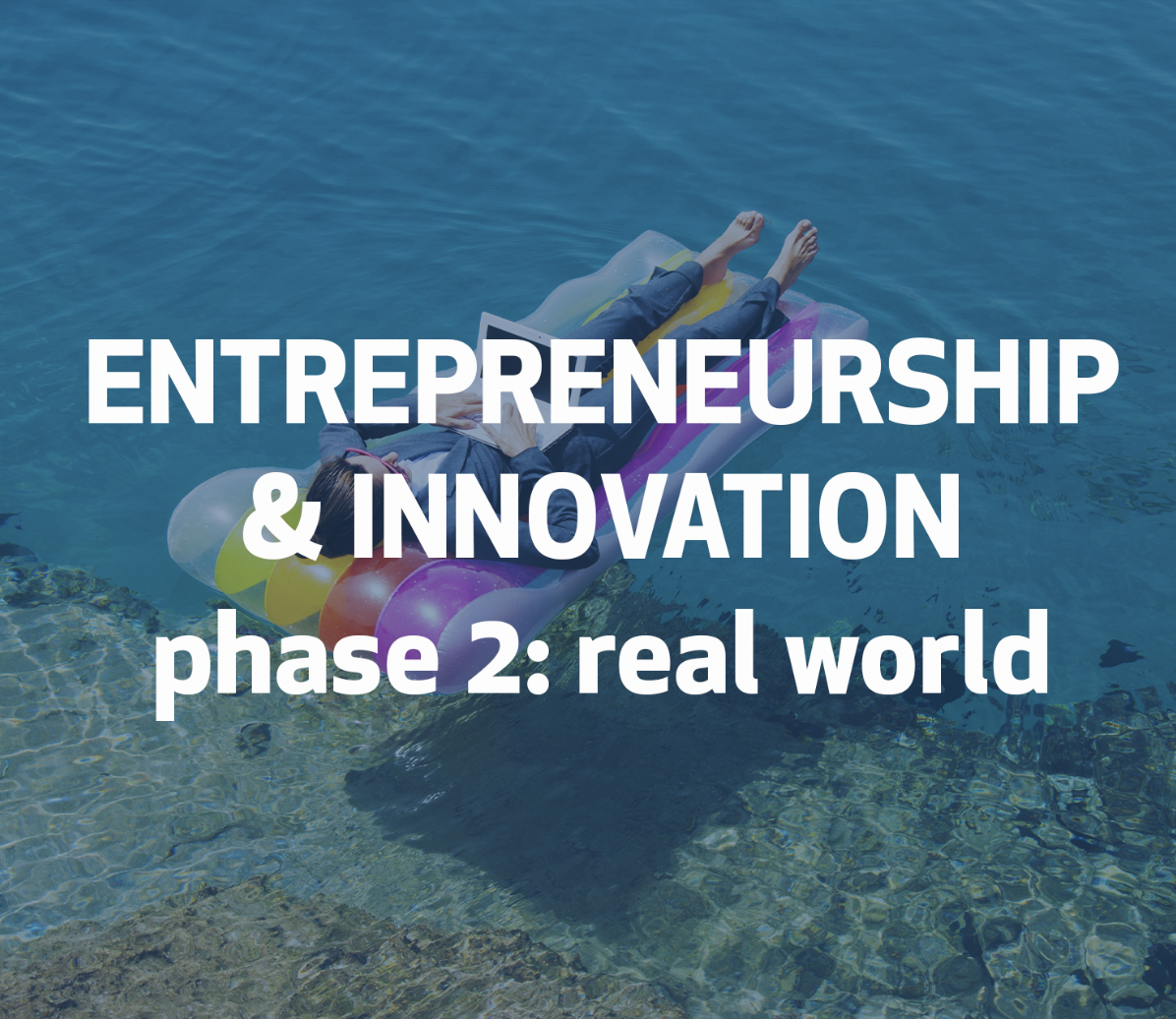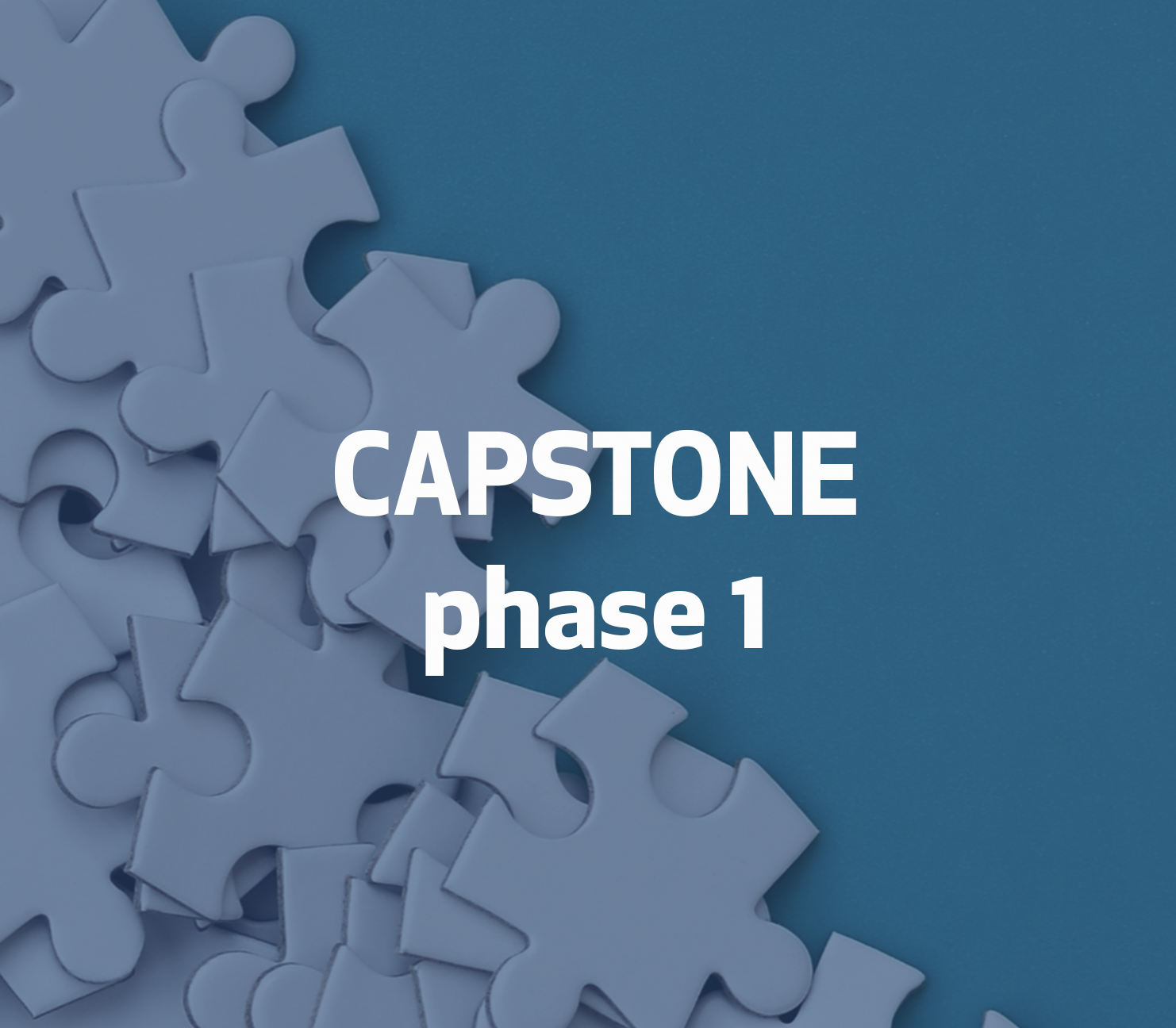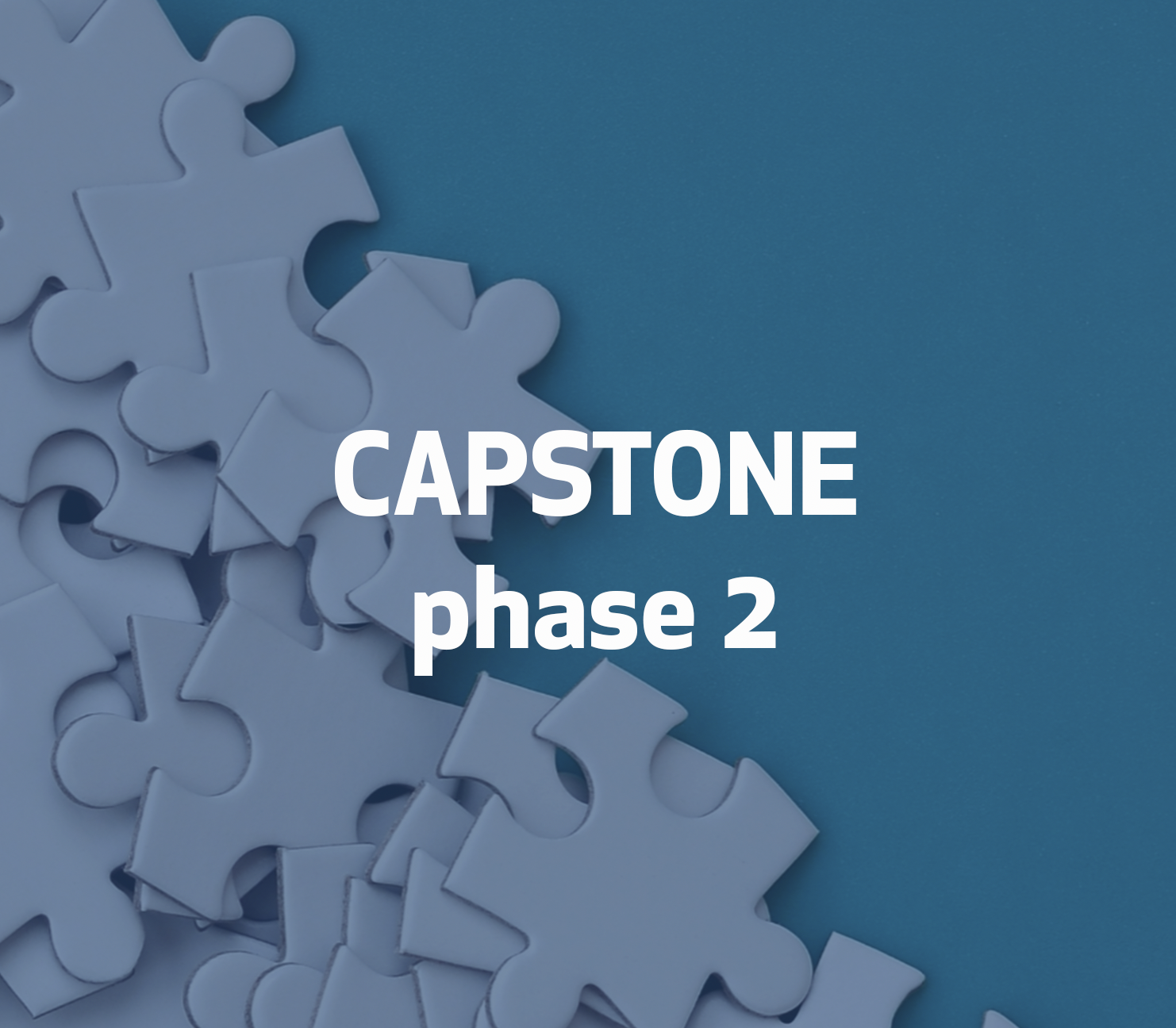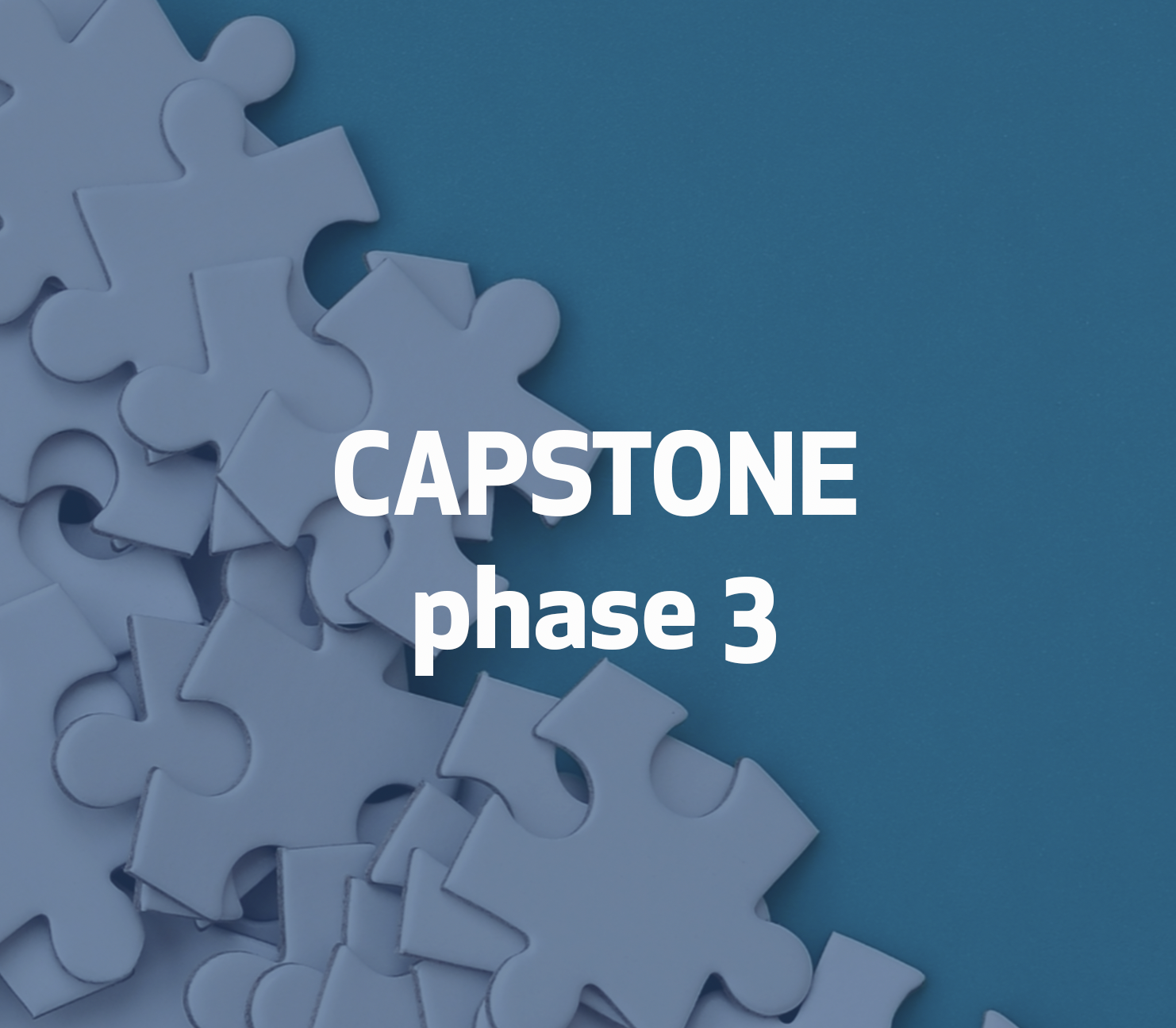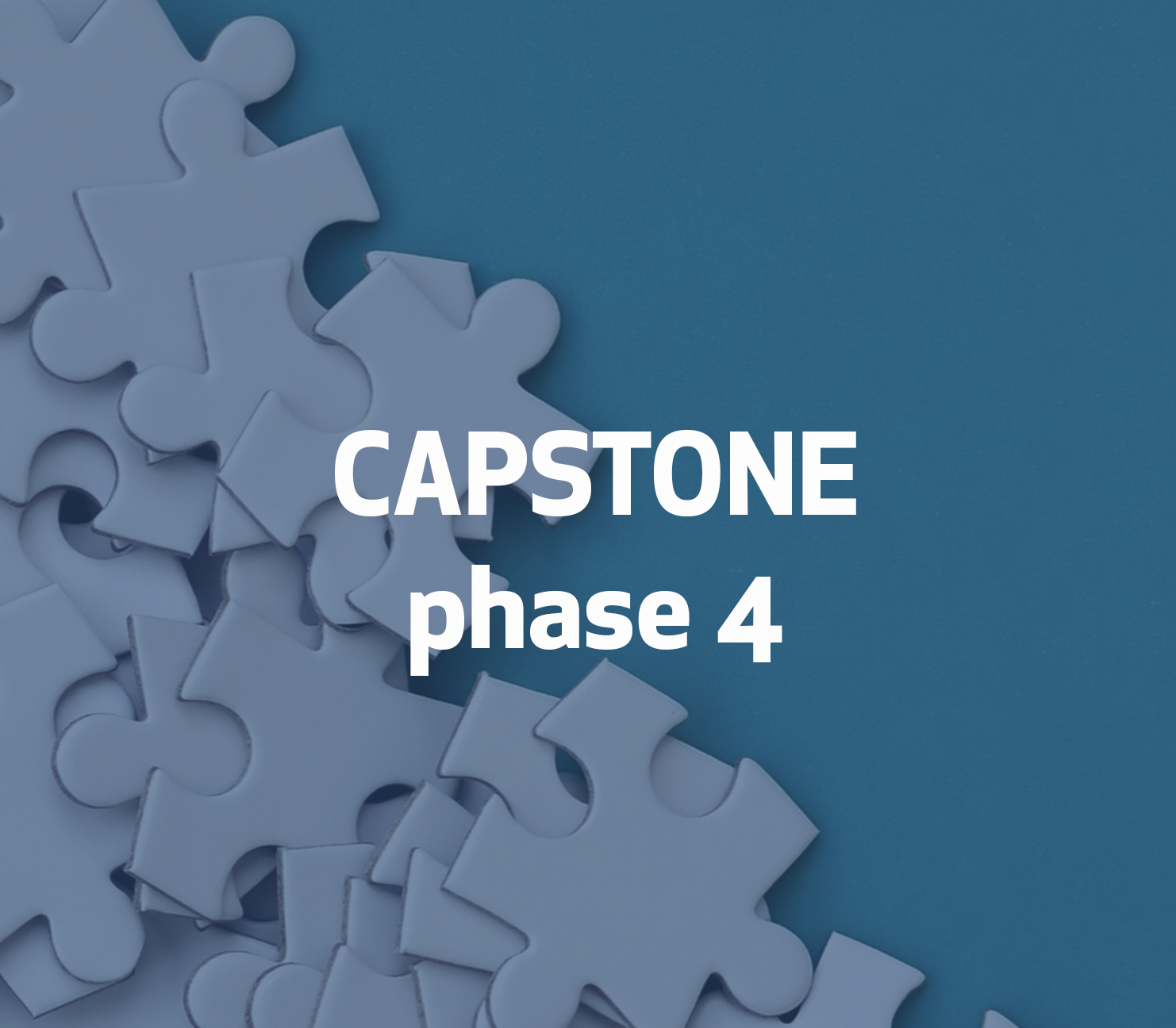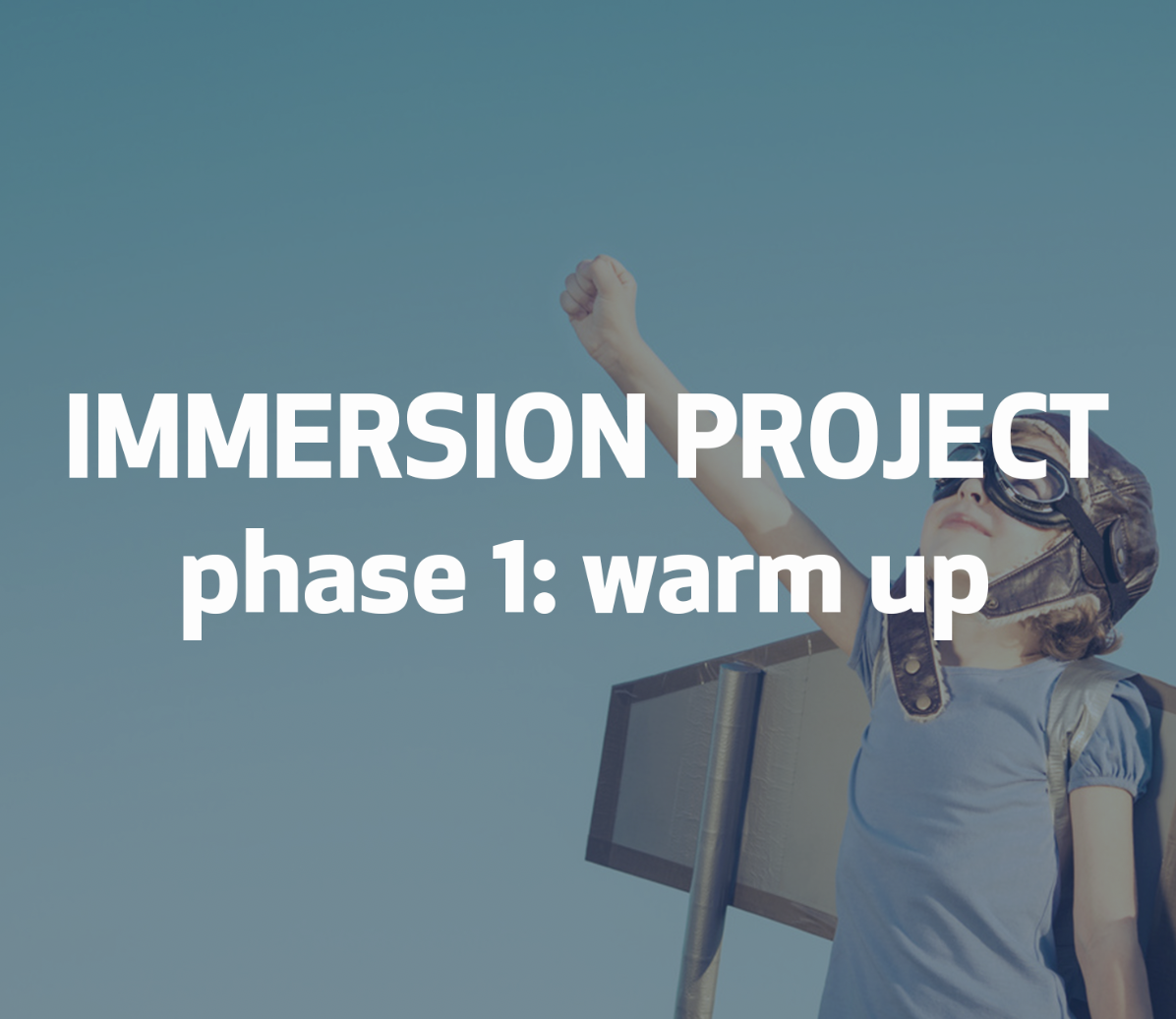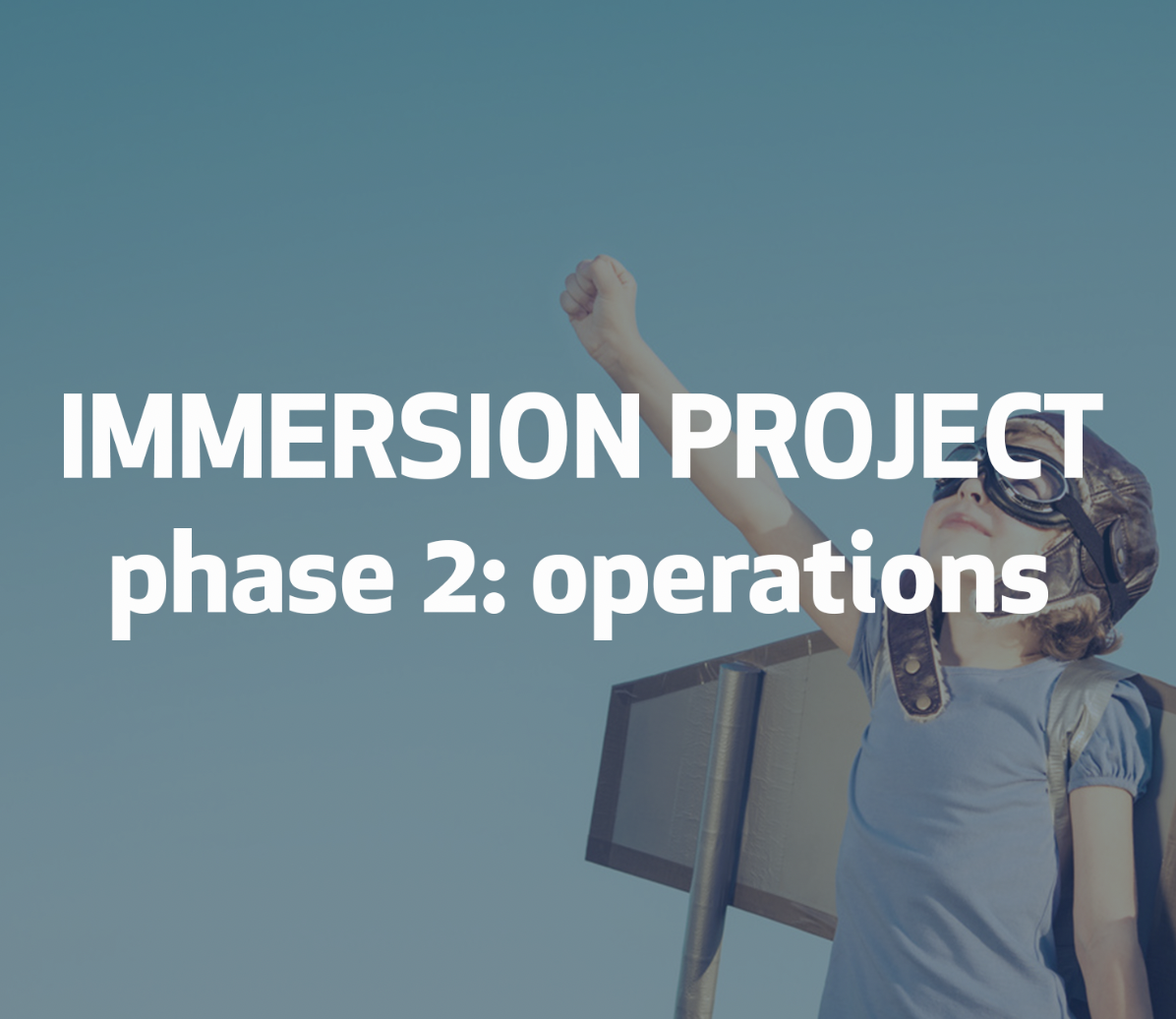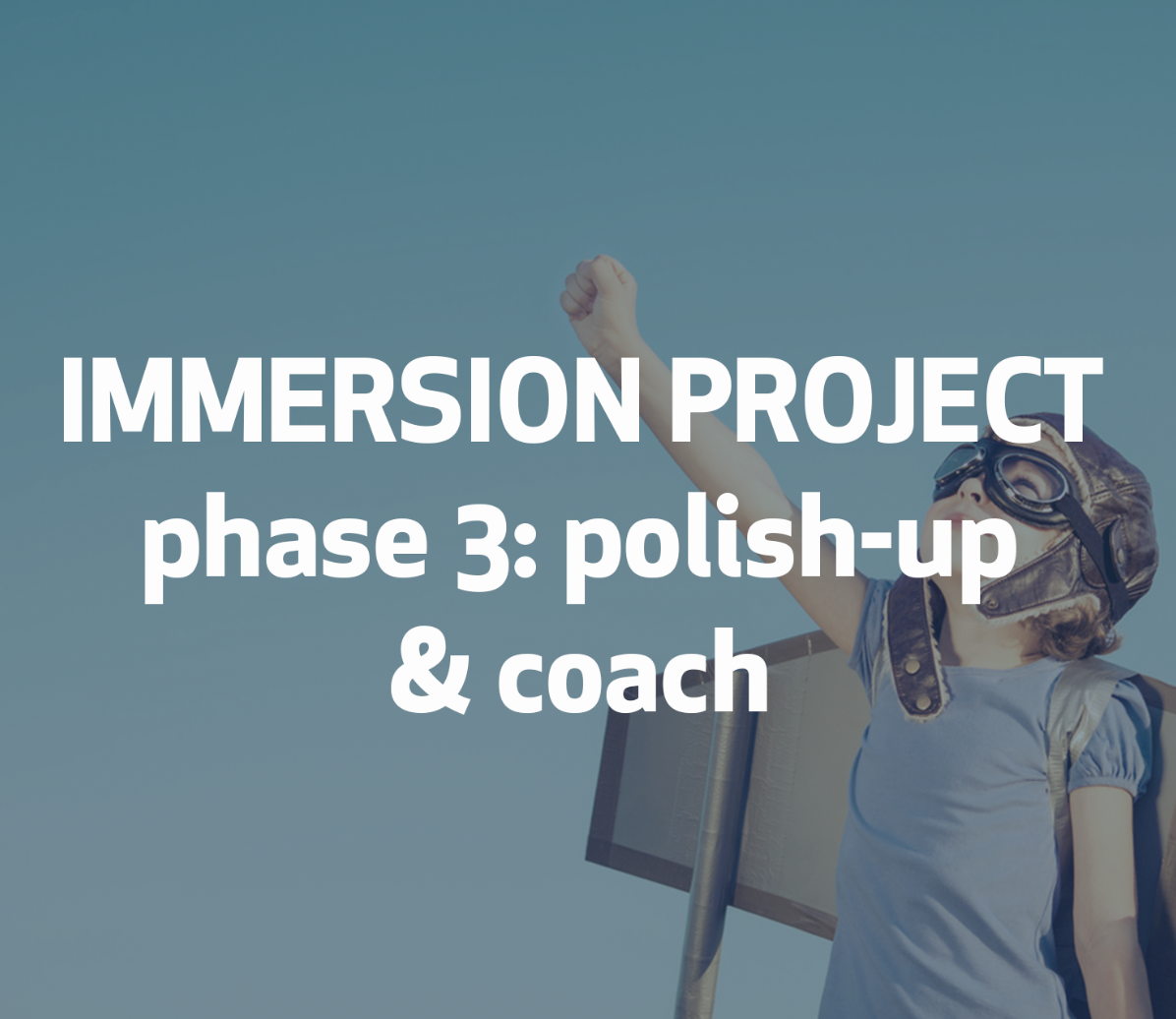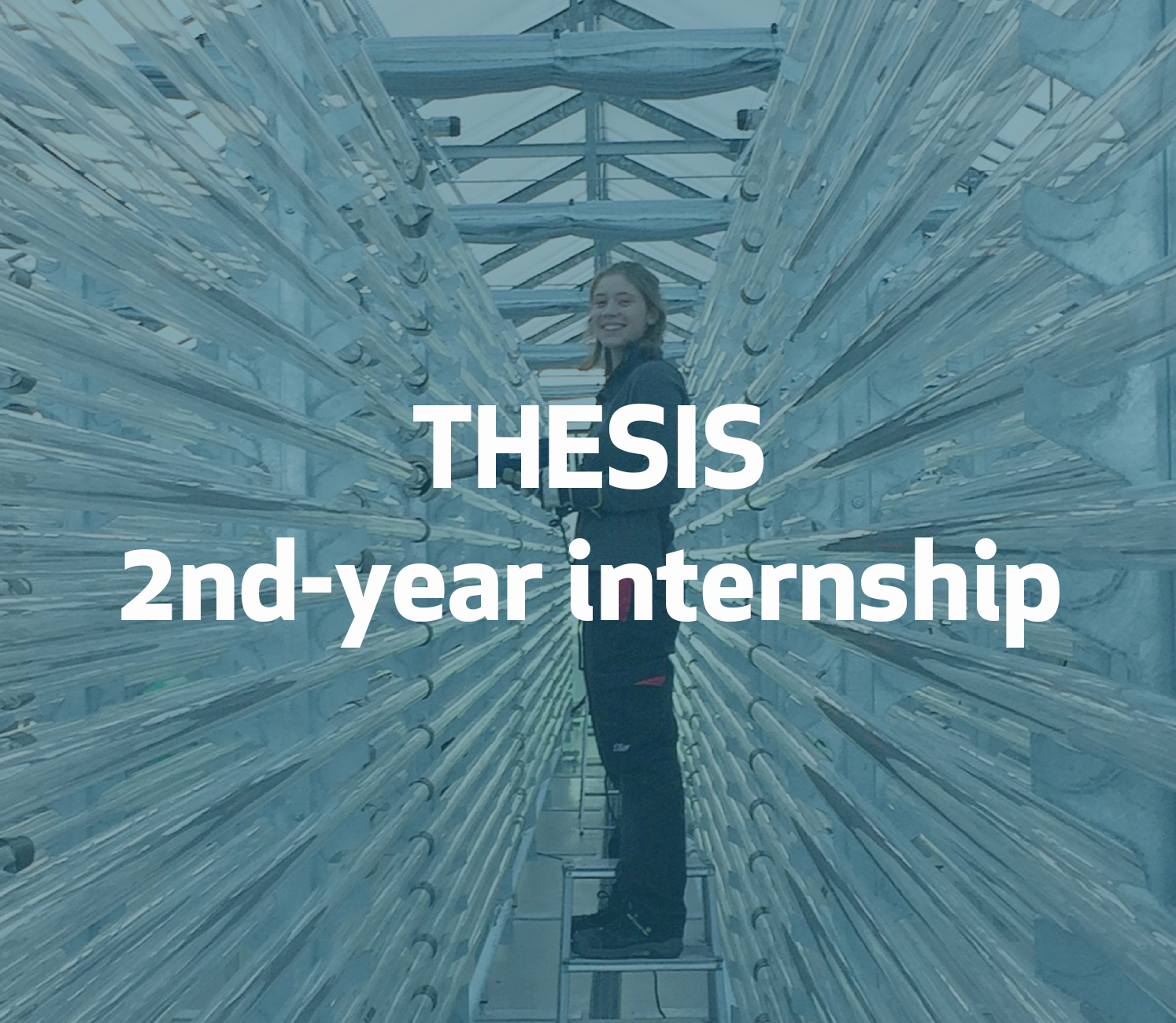MSc Ocean Science, Conservation & Innovation
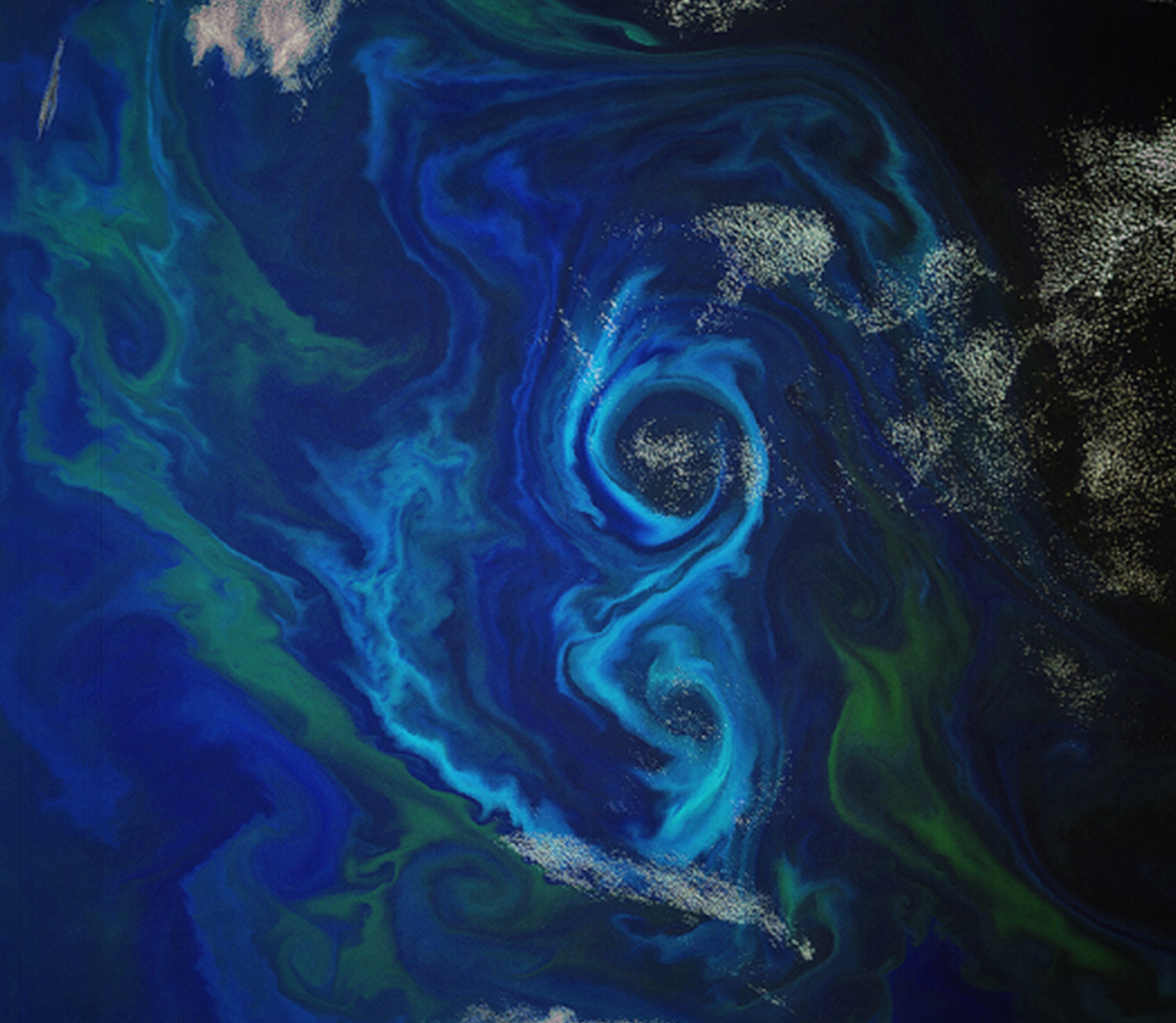
SENSAI examines the use of remote sensing and AI in enhancing ocean knowledge, management, and socio-economic applications for fisheries, aquaculture, and planning, through partnerships with Copernicus Academy and ACRI-ST, aiming for improved understanding, protection, and resource utilization.
program: Science & Society, Blue Managers
code name: SENSAI
module family: #Marine Biology #Environment & Data Analysis
credits: 4 ECTS
semester: Fall (semester 3)
UN Sustainable Development Goals:
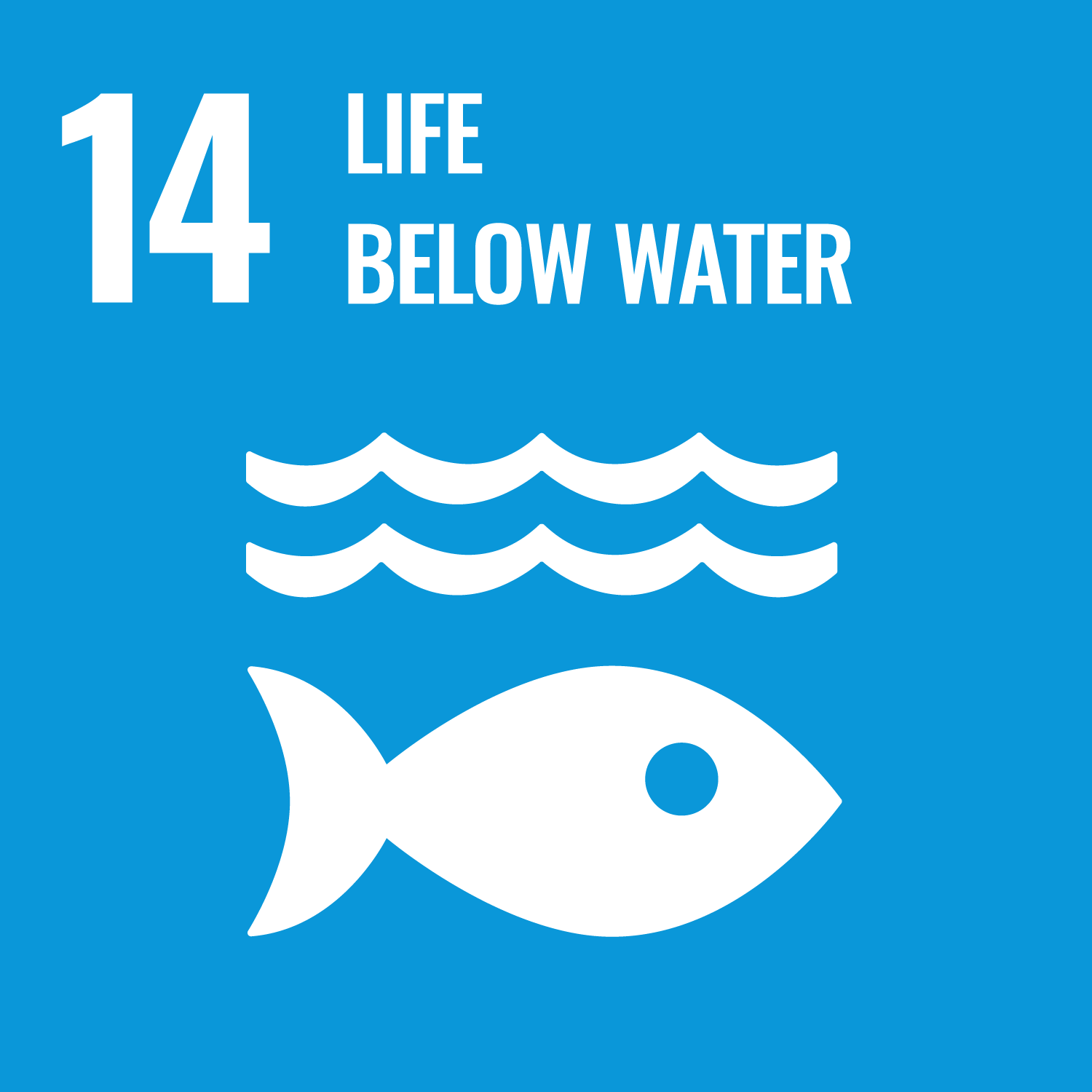
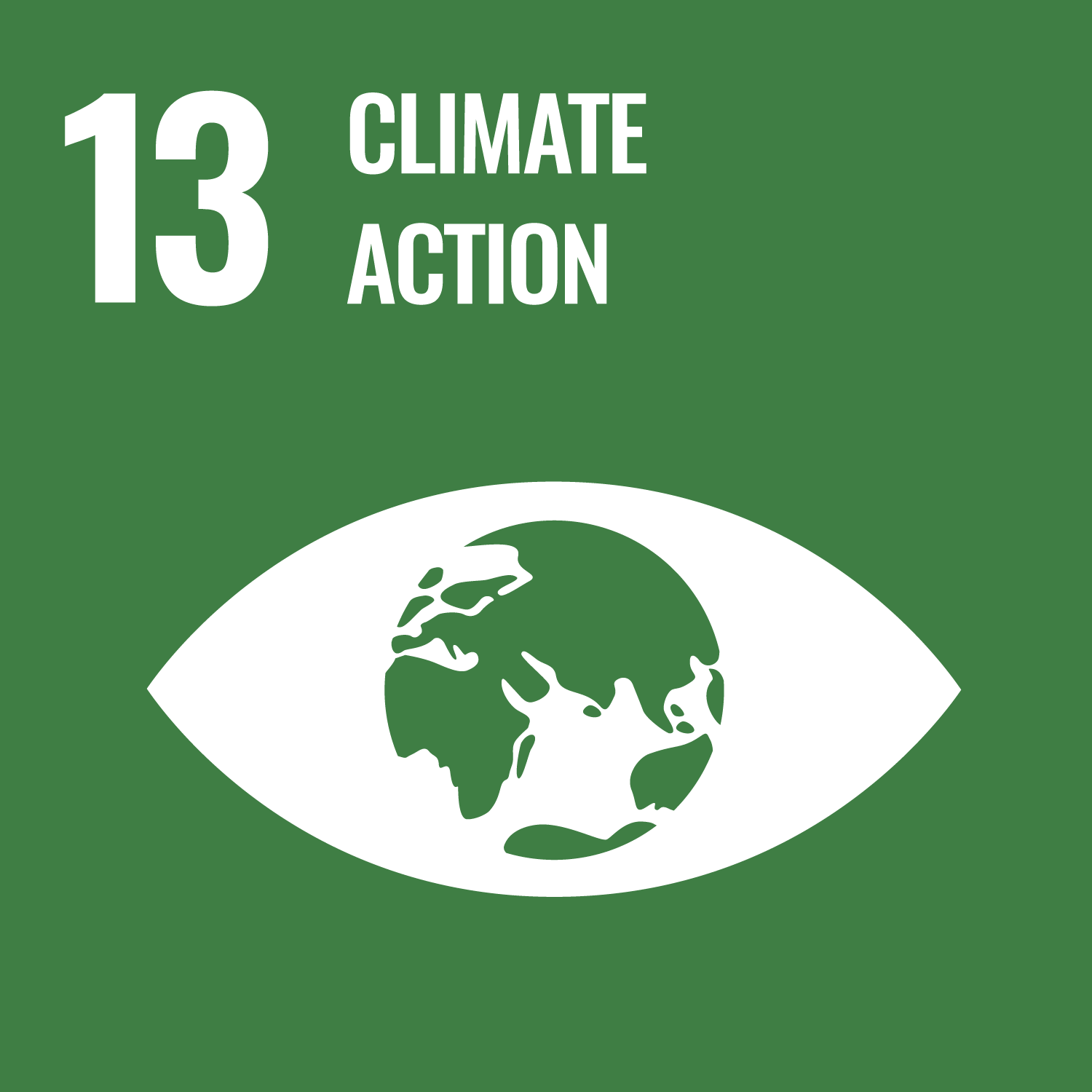
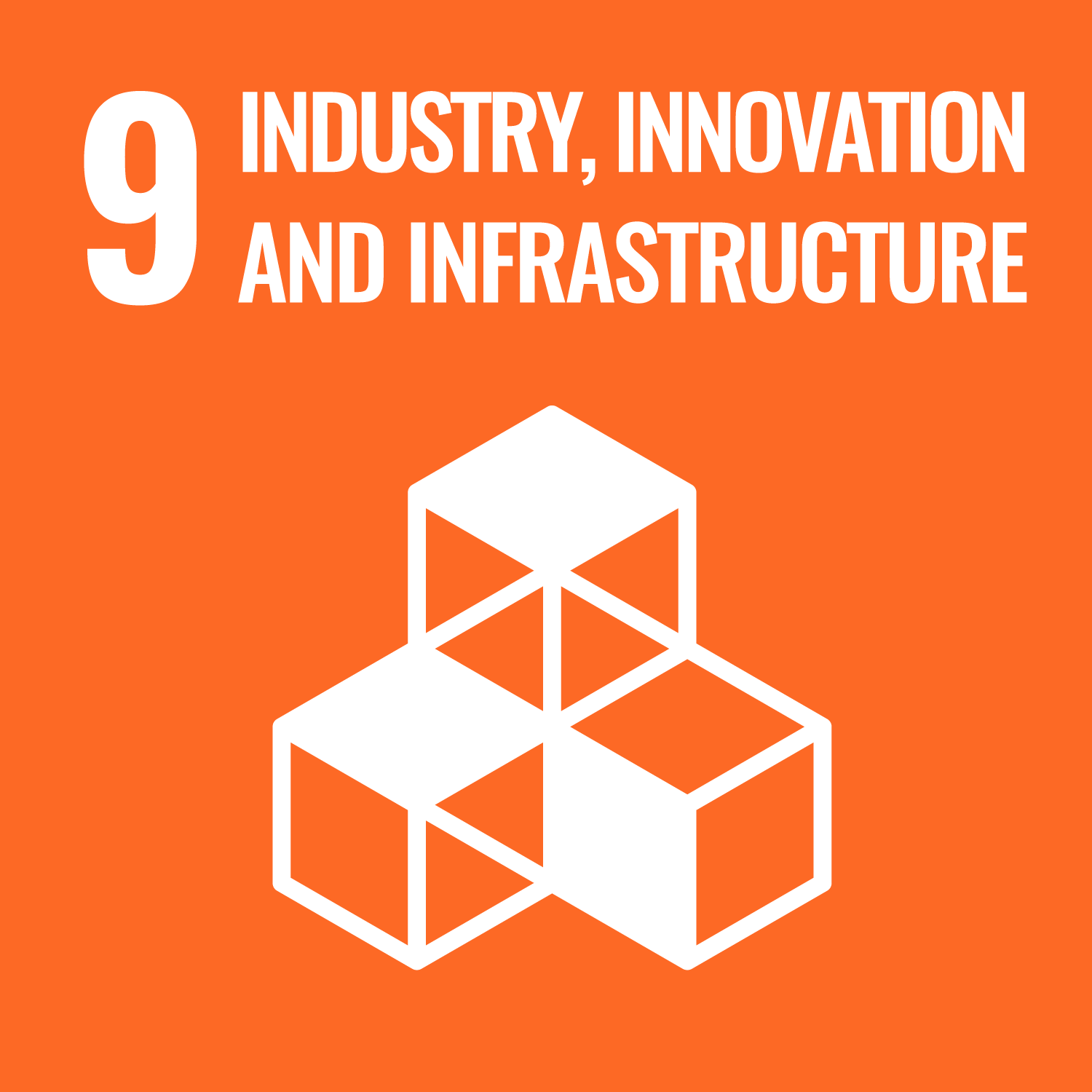
LEARNING OUTCOMES
Students should
- understand the basics of remote sensing, including the types of information that can be collected and the platforms used for these purposes
- retrieve, manipulate, and analyze spatial ocean color data and other types of remote sensing data relevant to ocean studies
- apply remote sensing techniques to both small-scale and large-scale marine issues, such as pollution monitoring, aquaculture management, detecting oceanic features like fronts and upwelling
- integrate remote sensing data with onsite measurements and citizen science contributions to enhance the comprehensiveness and accuracy of marine research
- understand the industrial aspects of satellite and remote sensing technology production, appreciating the scale and complexities involved in such endeavors (subject to site visit feasability)
- should gain a foundational understanding of artificial intelligence, focusing on how it can be applied to ocean issues
- apply theoretical knowledge in practical settings, using real data and tools to solve problems presented during the course.
TOPICS
- Remote Sensing
- Basics of remote sensing
- Type of information collected and user platforms
- Retrieving and manipulating spatial ocean color data
- Practical applications at small scale (pollution, aquaculture), and large scale (fronts, upwelling...)
- Integration of remote sensing with onsite measures and citizen science
- Visit of a satellite production facility (Thales Alenia Space, Cannes, subject to authorization)
- Artificial intelligence
- Introduction to Artificial Intelligence
- AI in oceanographic data analysis
- AI in marine biodiversity conservation
- AI-driven innovation
- Ethical and legal considerations
INSTRUCTORS
- Copernicus Academy
- David Broussard (GREDEG, Université Côte d'Azur)
- Kilian Burgi (ECOSEAS, Université Côte d'Azur)
- Megan Clampitt (INRIA, Université Côte d'Azur)
- Romain Contant (ACRI-ST)
- Florence Lacrosse (ACRI-ST)
- Jean Martinet (DS4H, Université Côte d'Azur)
- Antoine Mangin (ACRI-ST)
- Sara Sergi (Université Côte d'Azur)
- Loïc Tetrel (Kitware Europe)
- Vincent Vandewalle (EFELIA, Université Côte d'Azur)
ASSESSMENT
- Quizz on fundamentals
- Regular assignments
- Workshops on practical applications

















